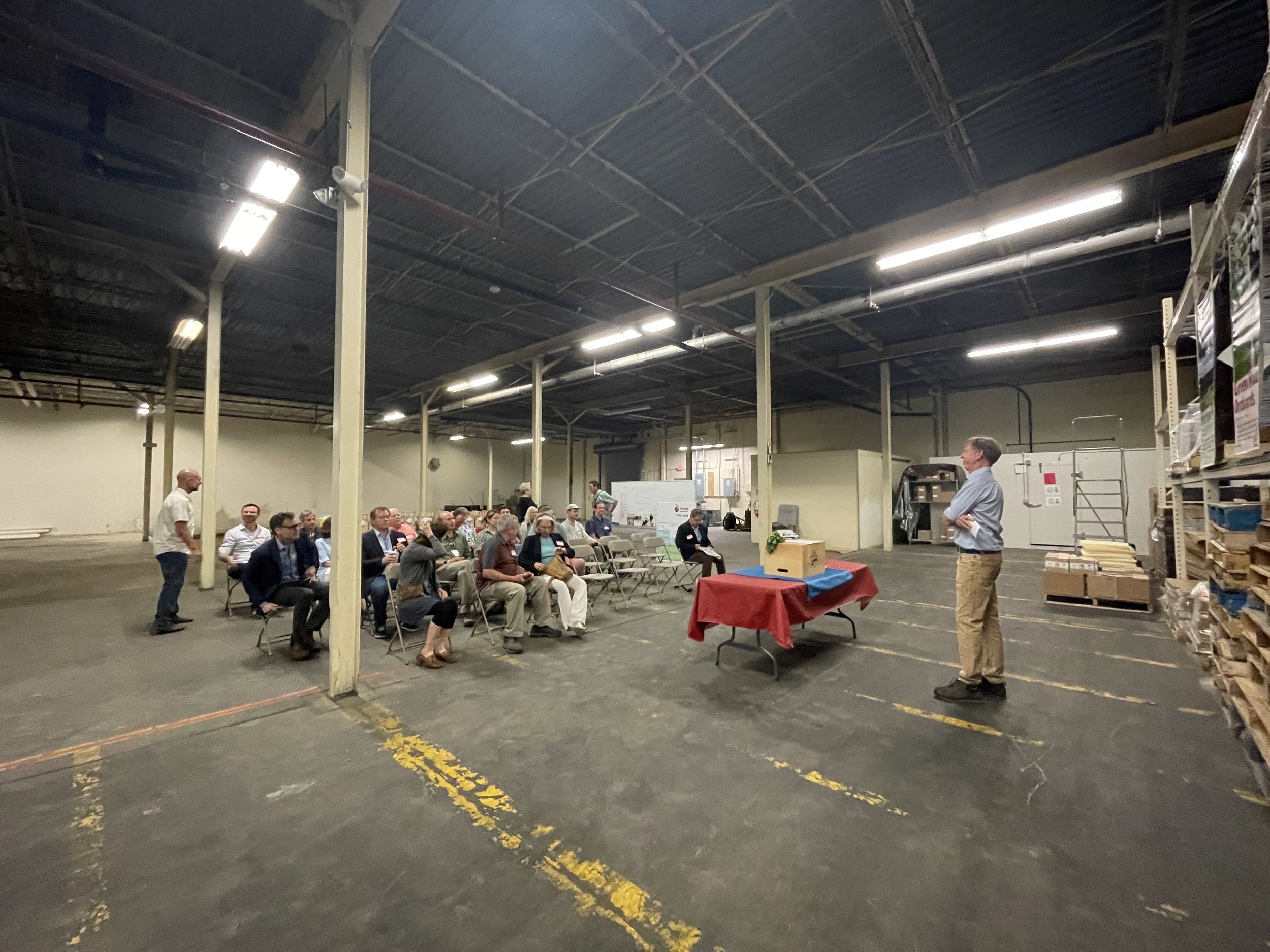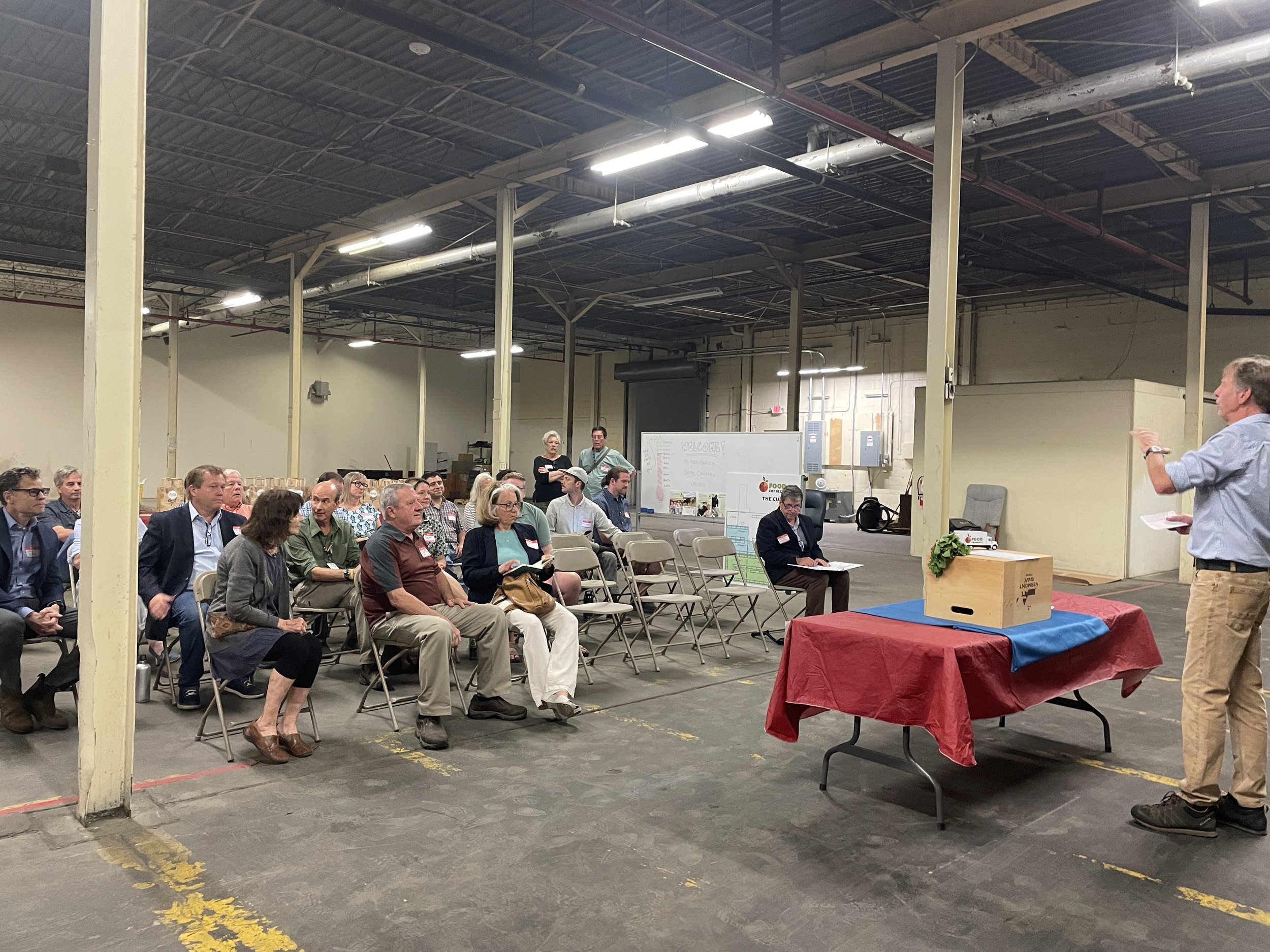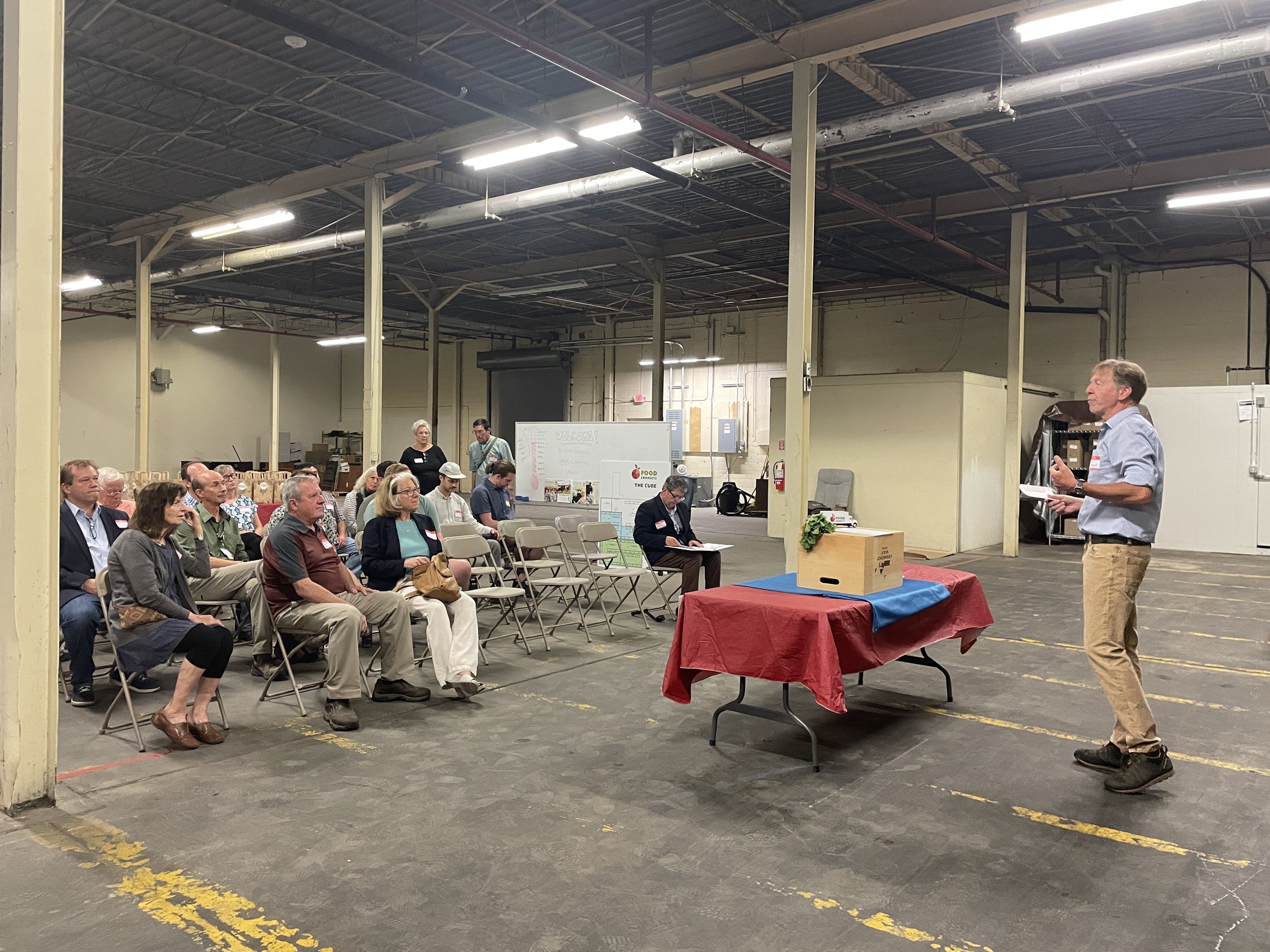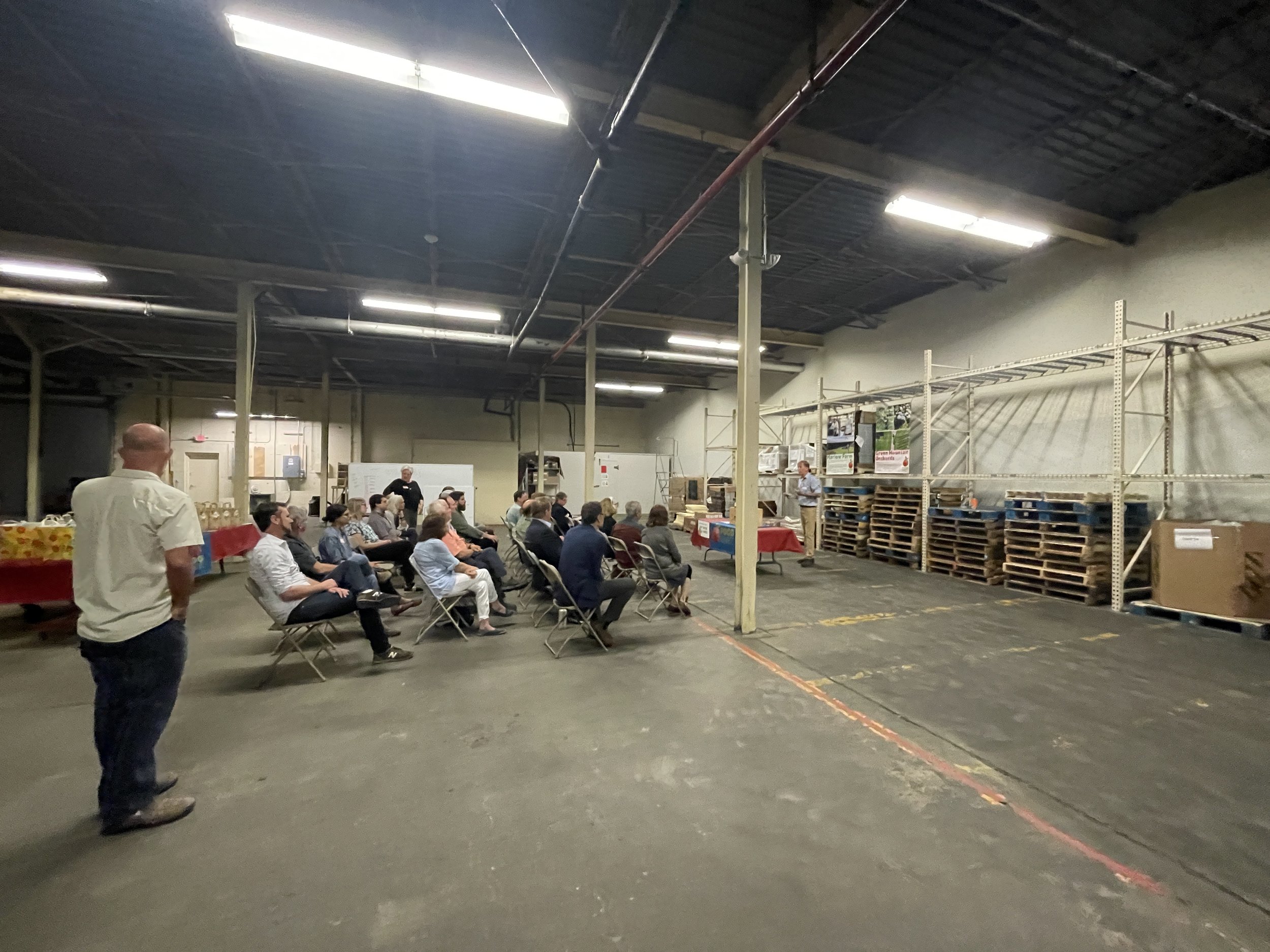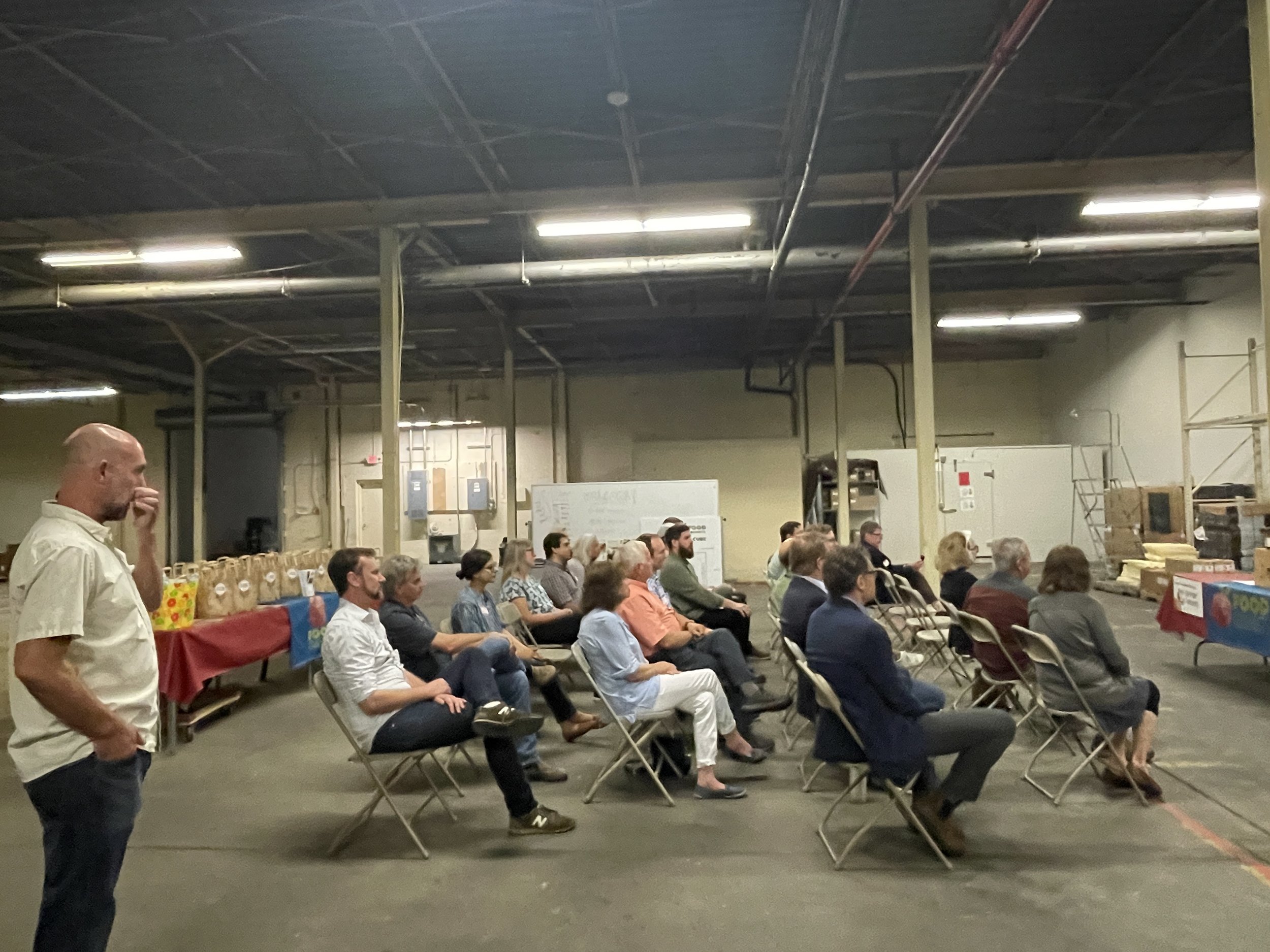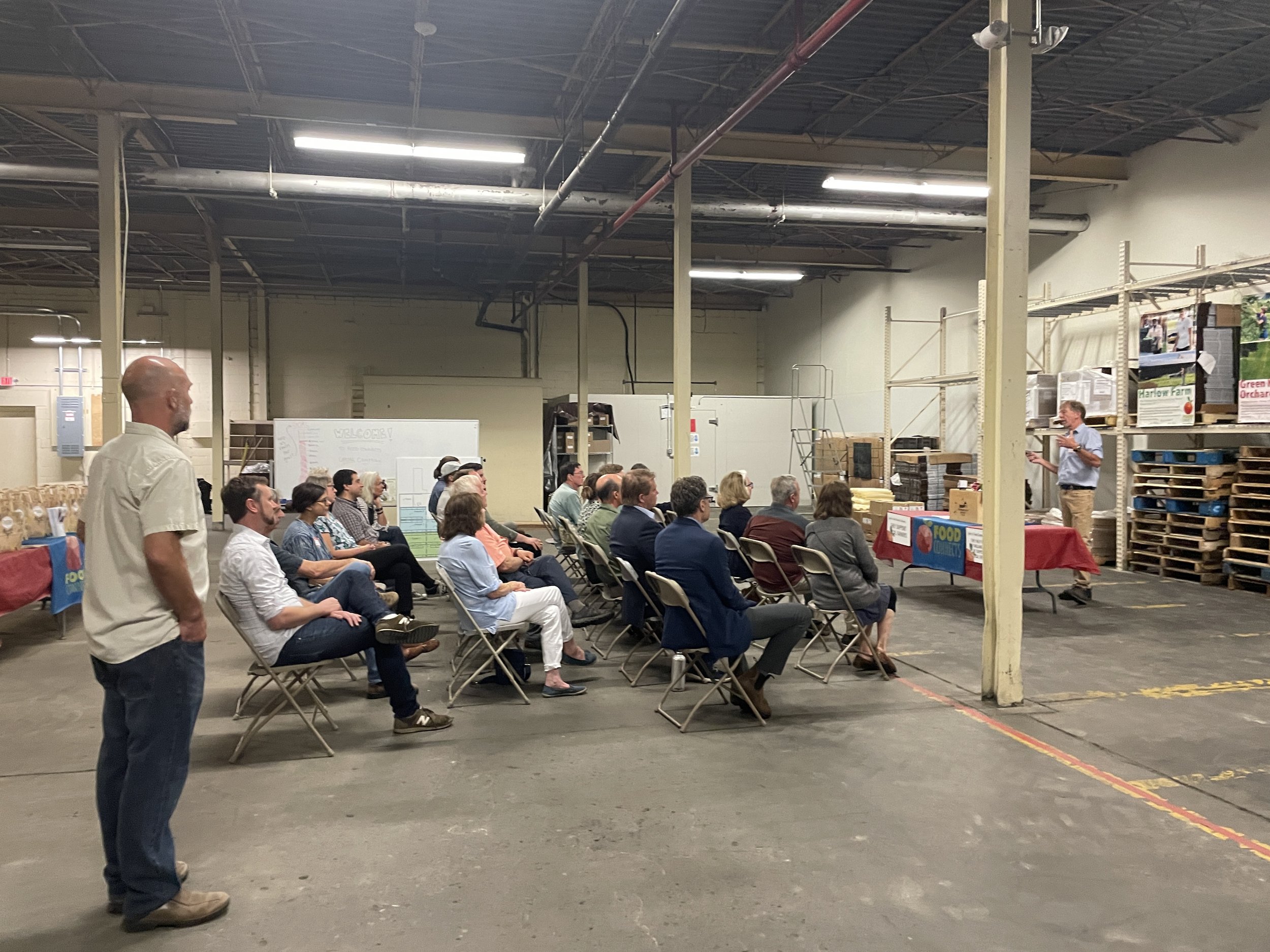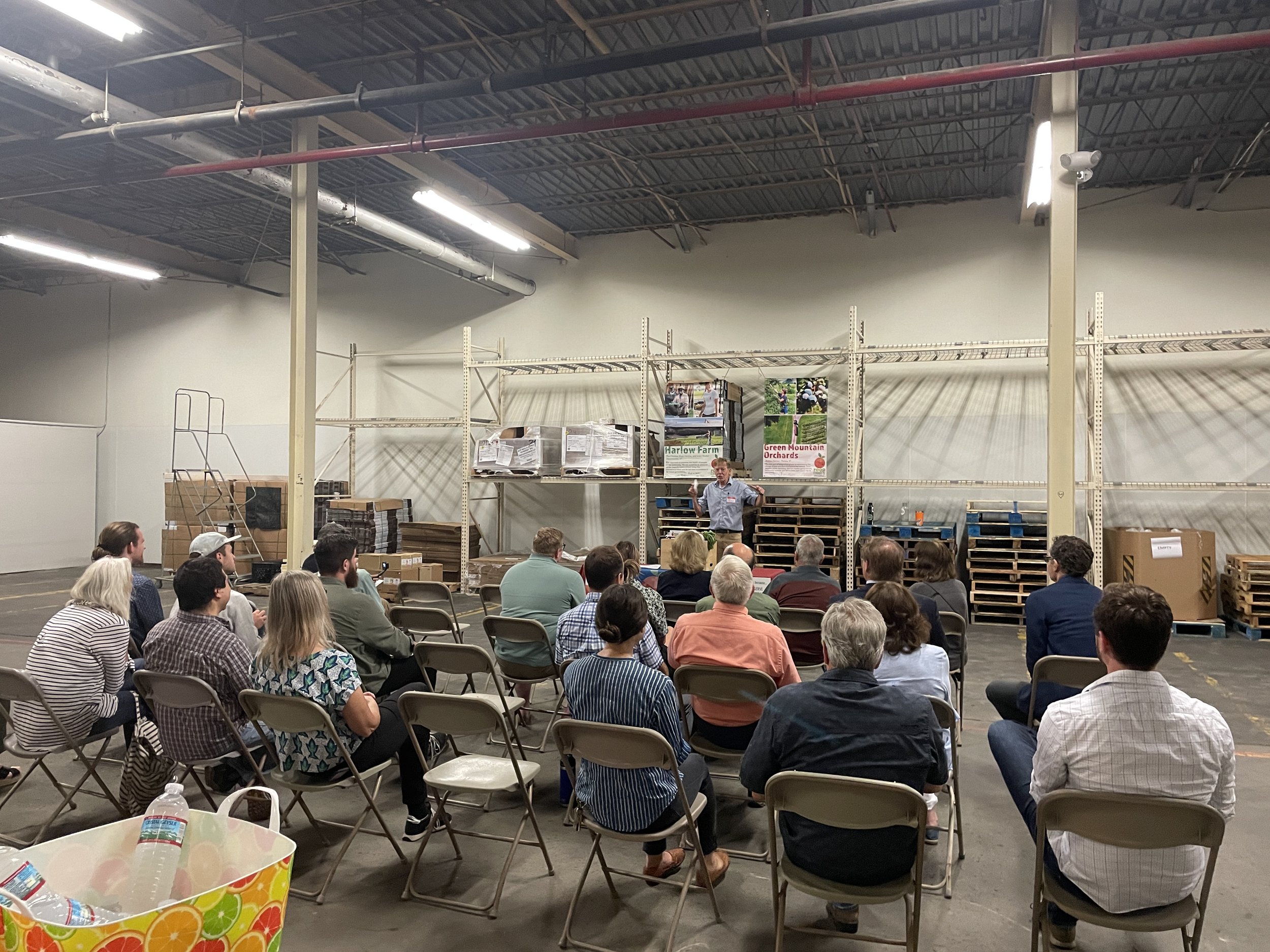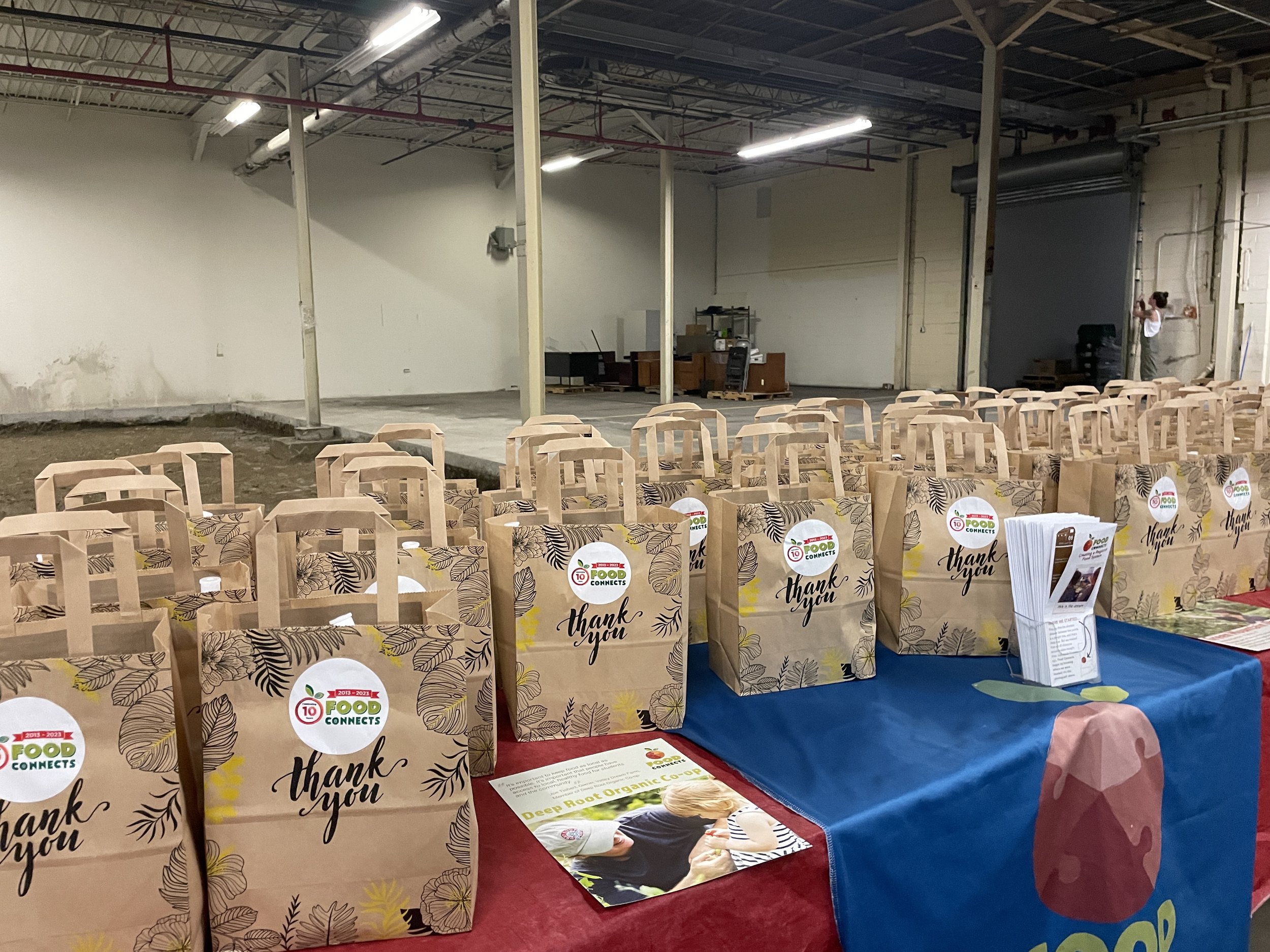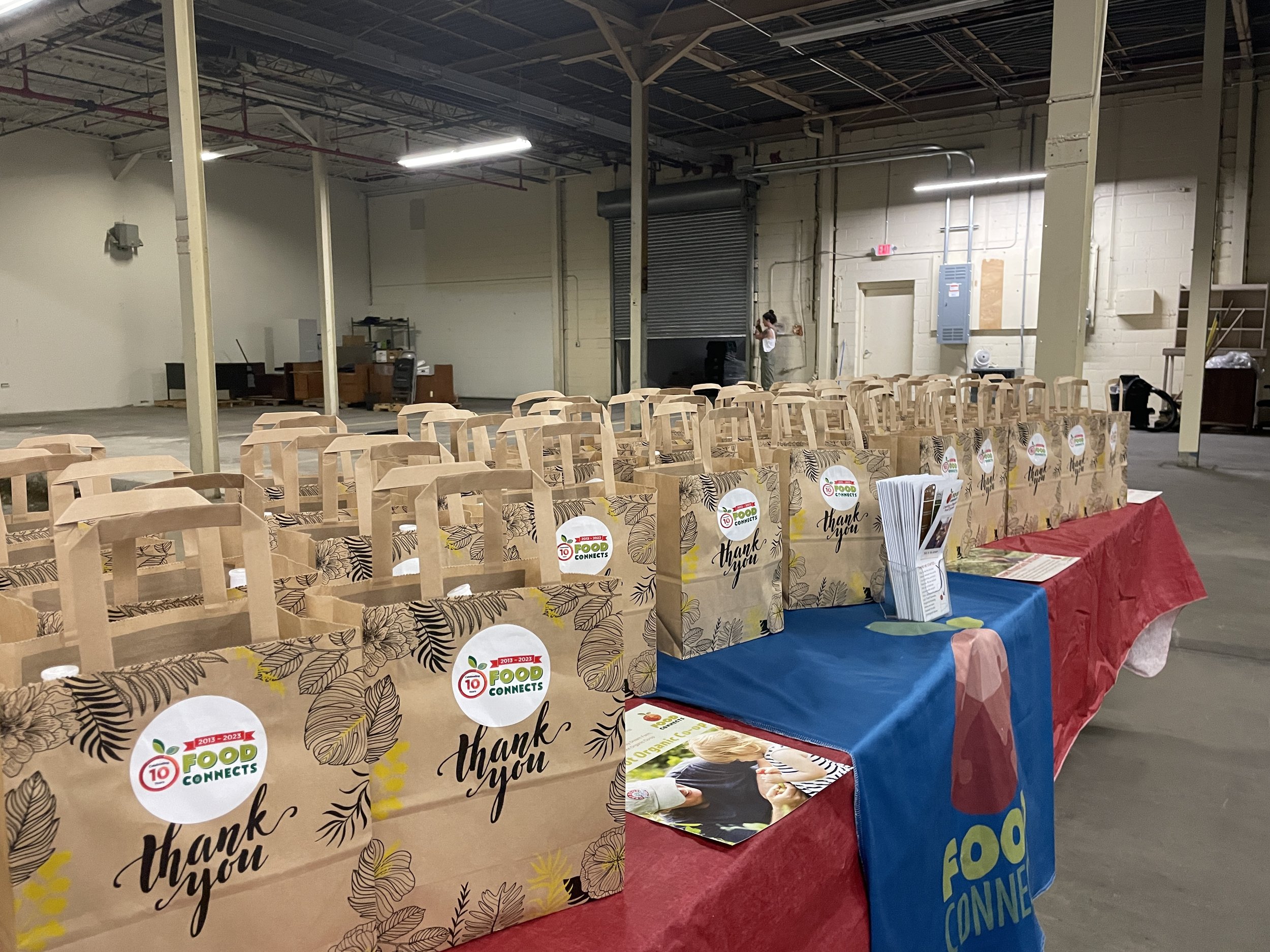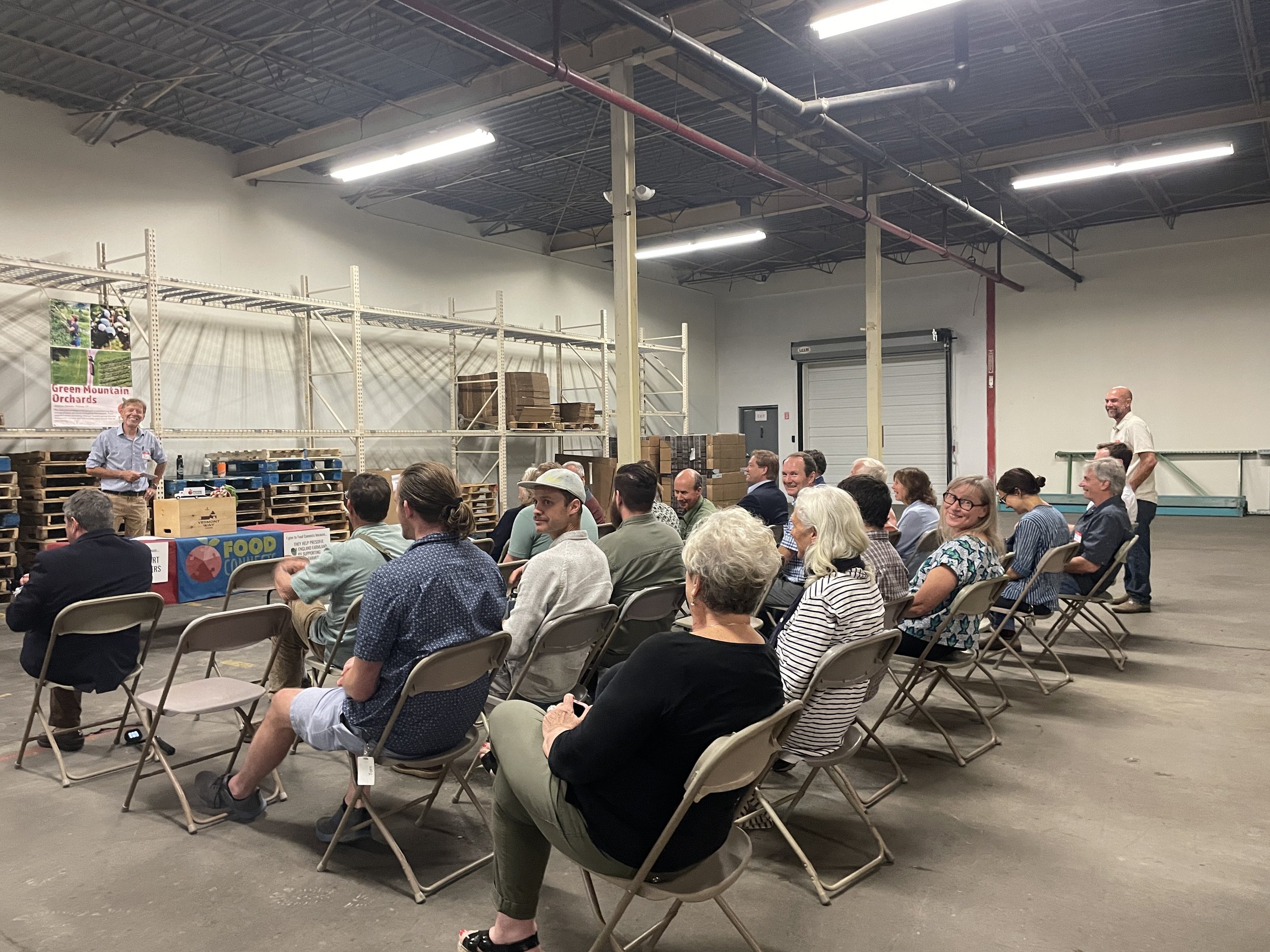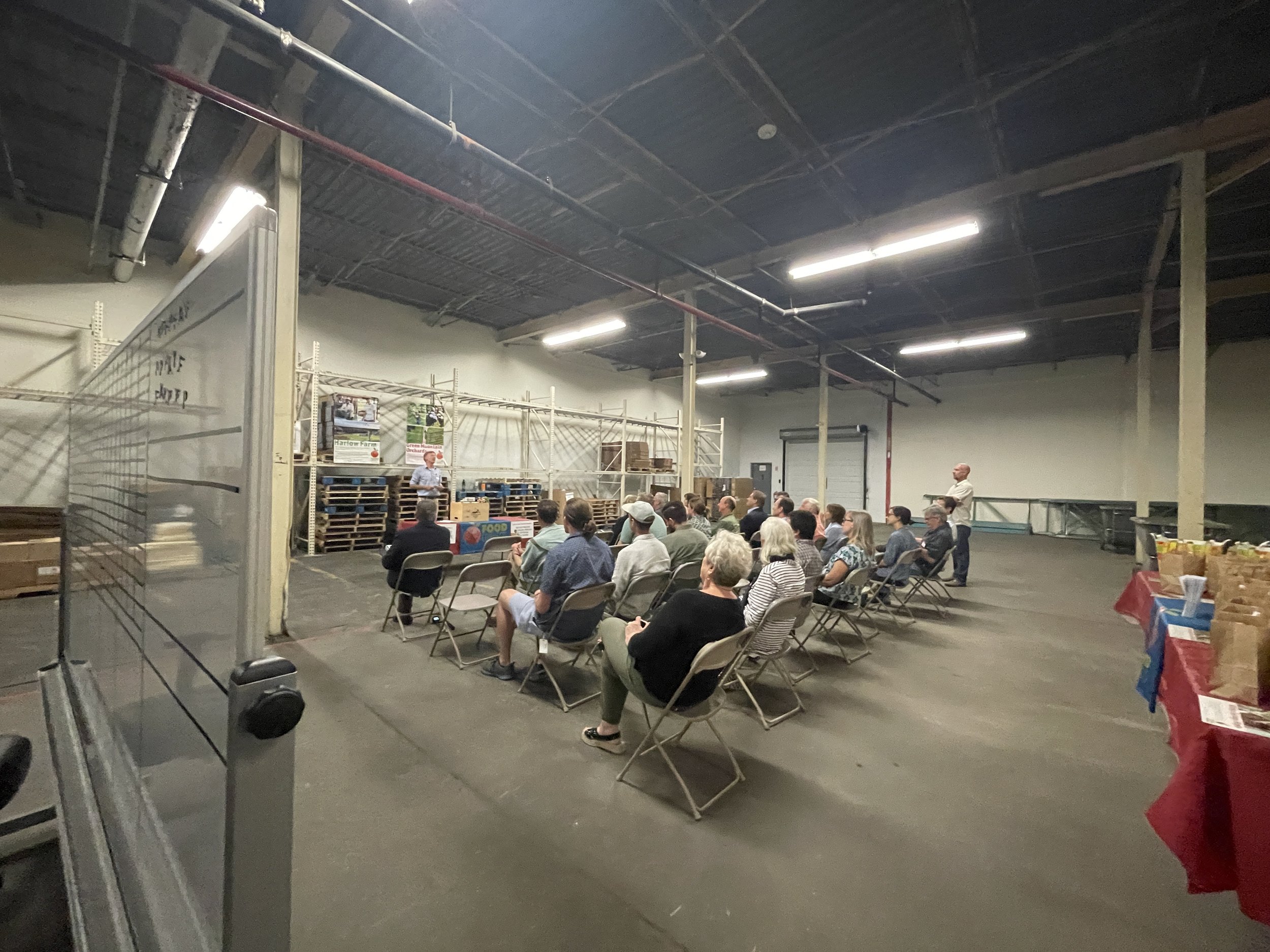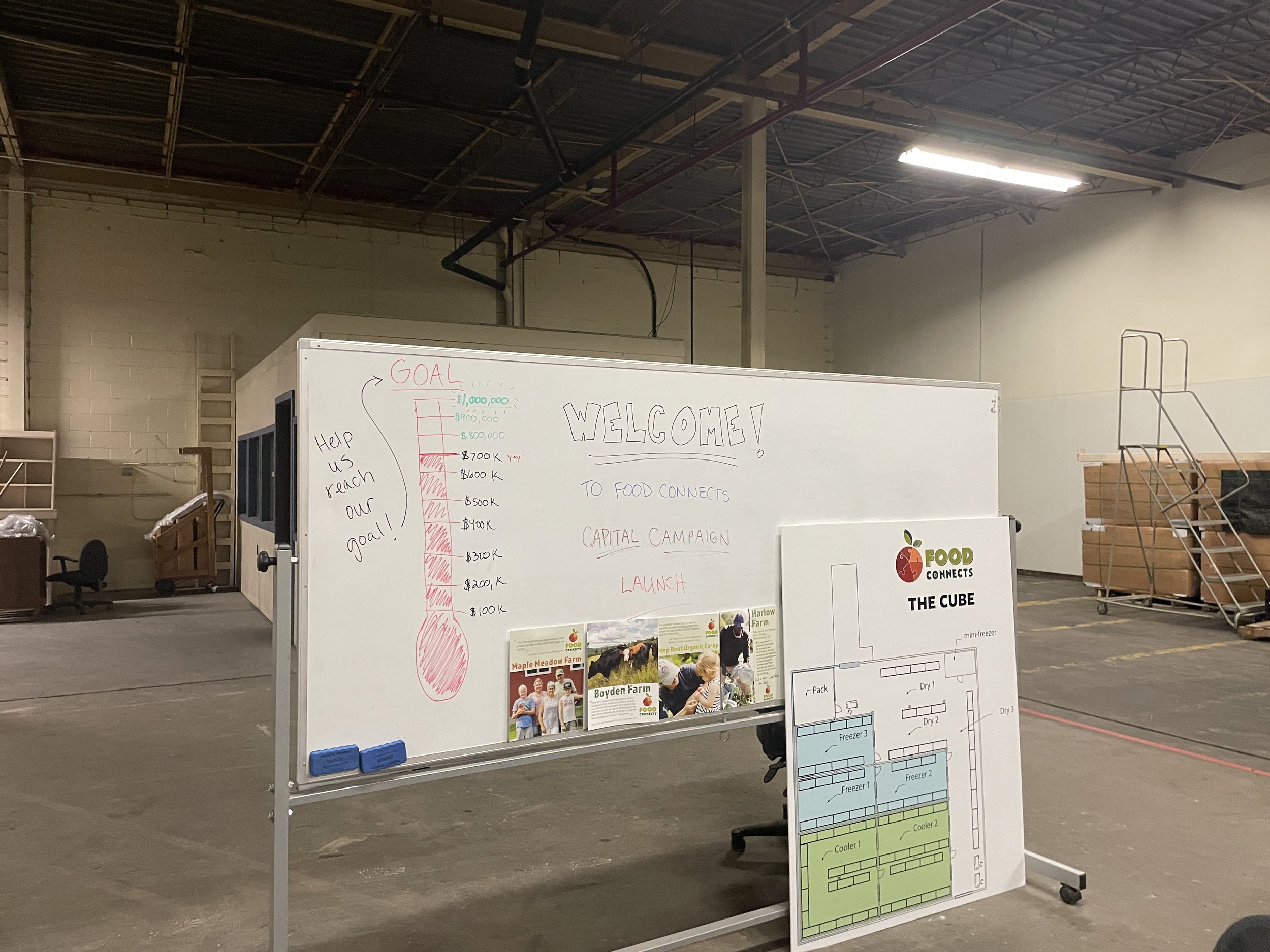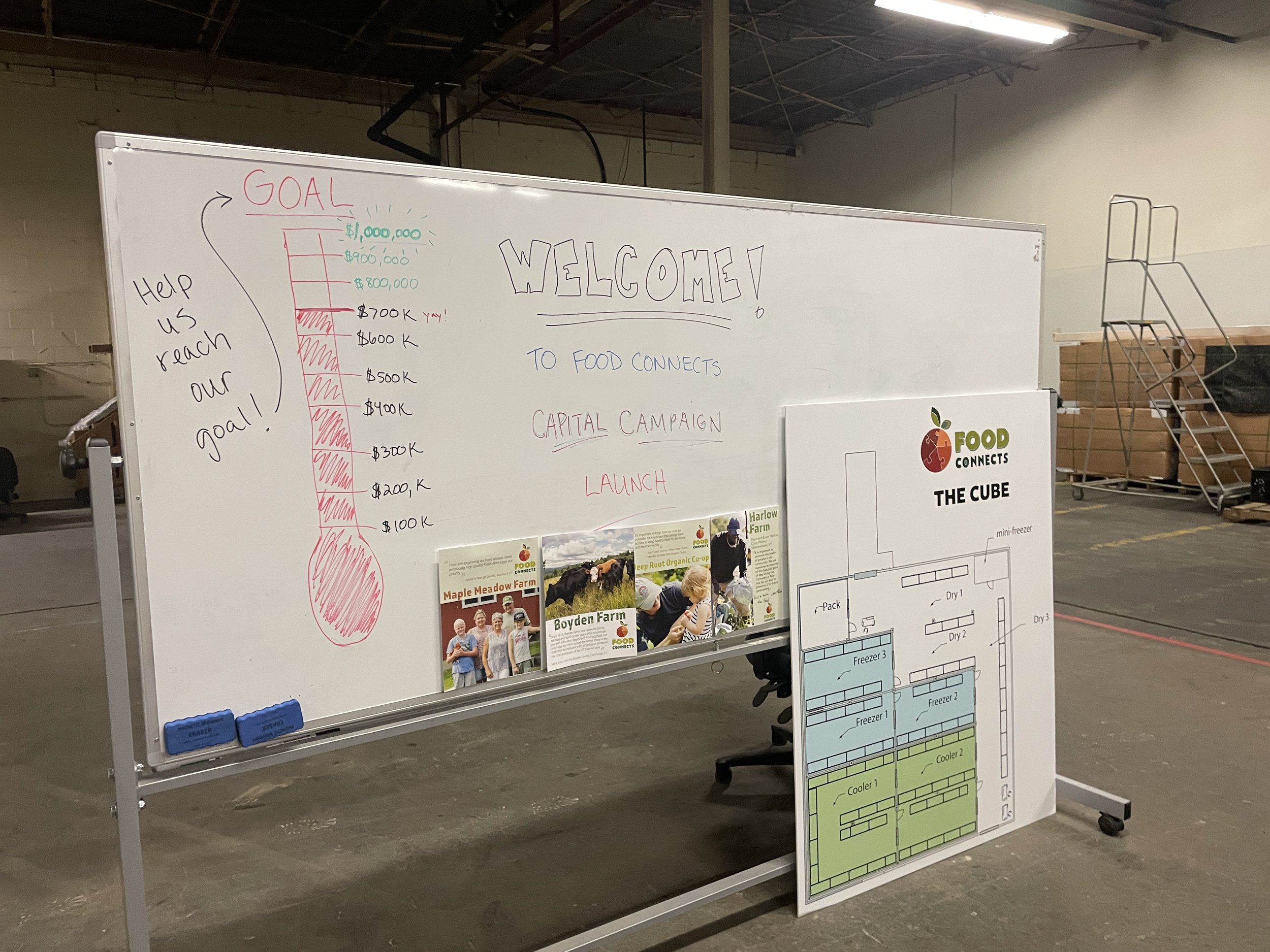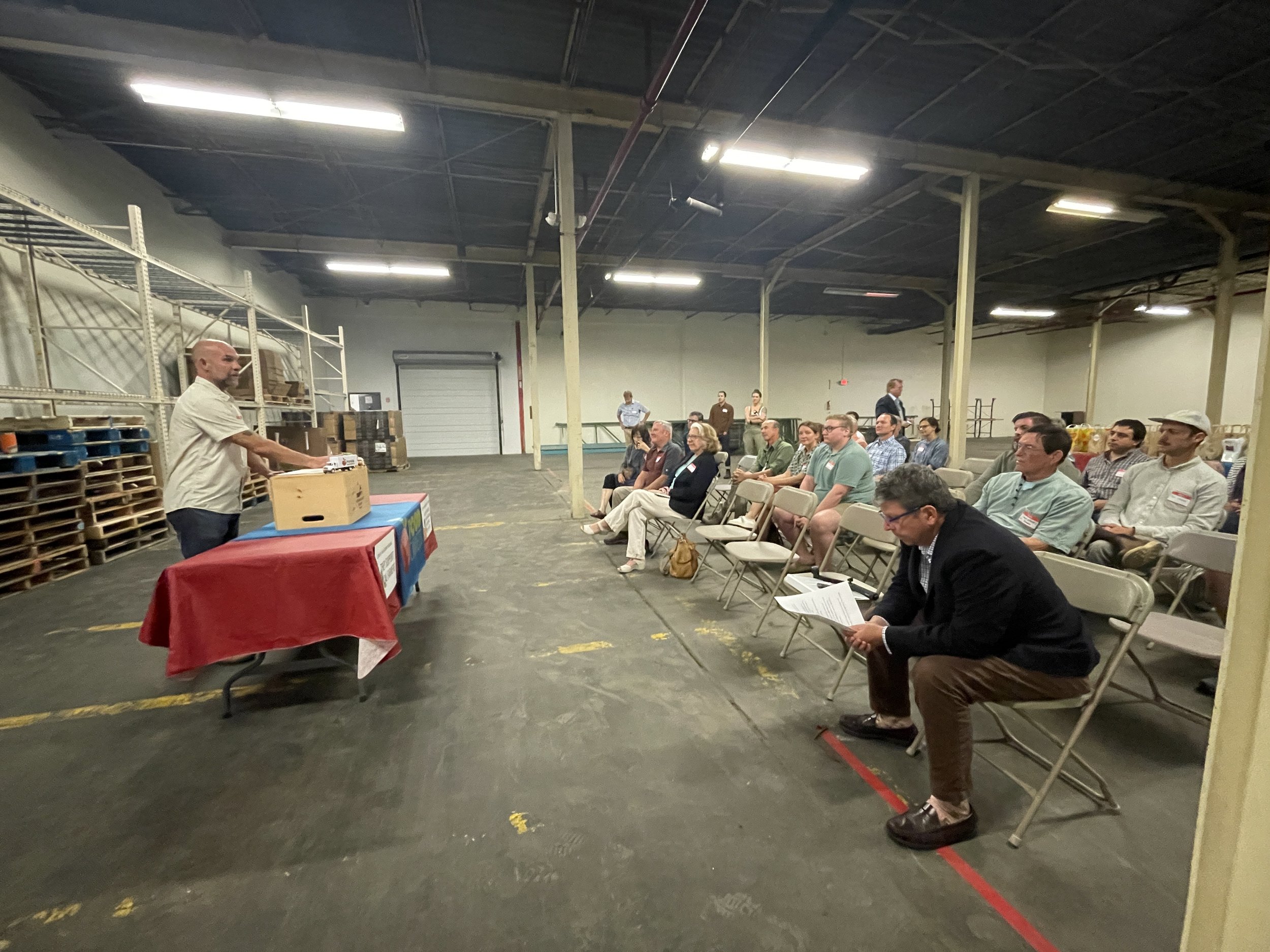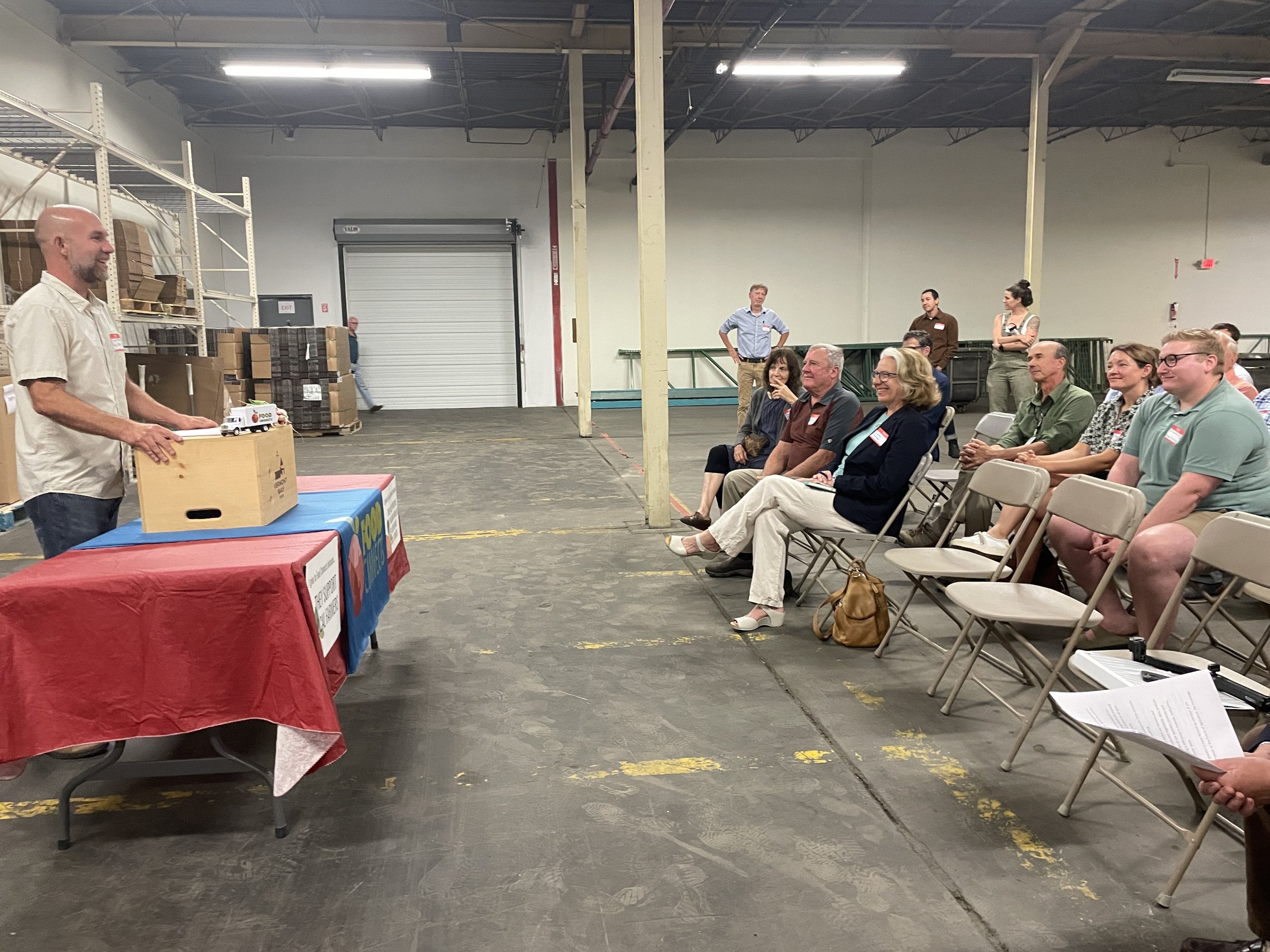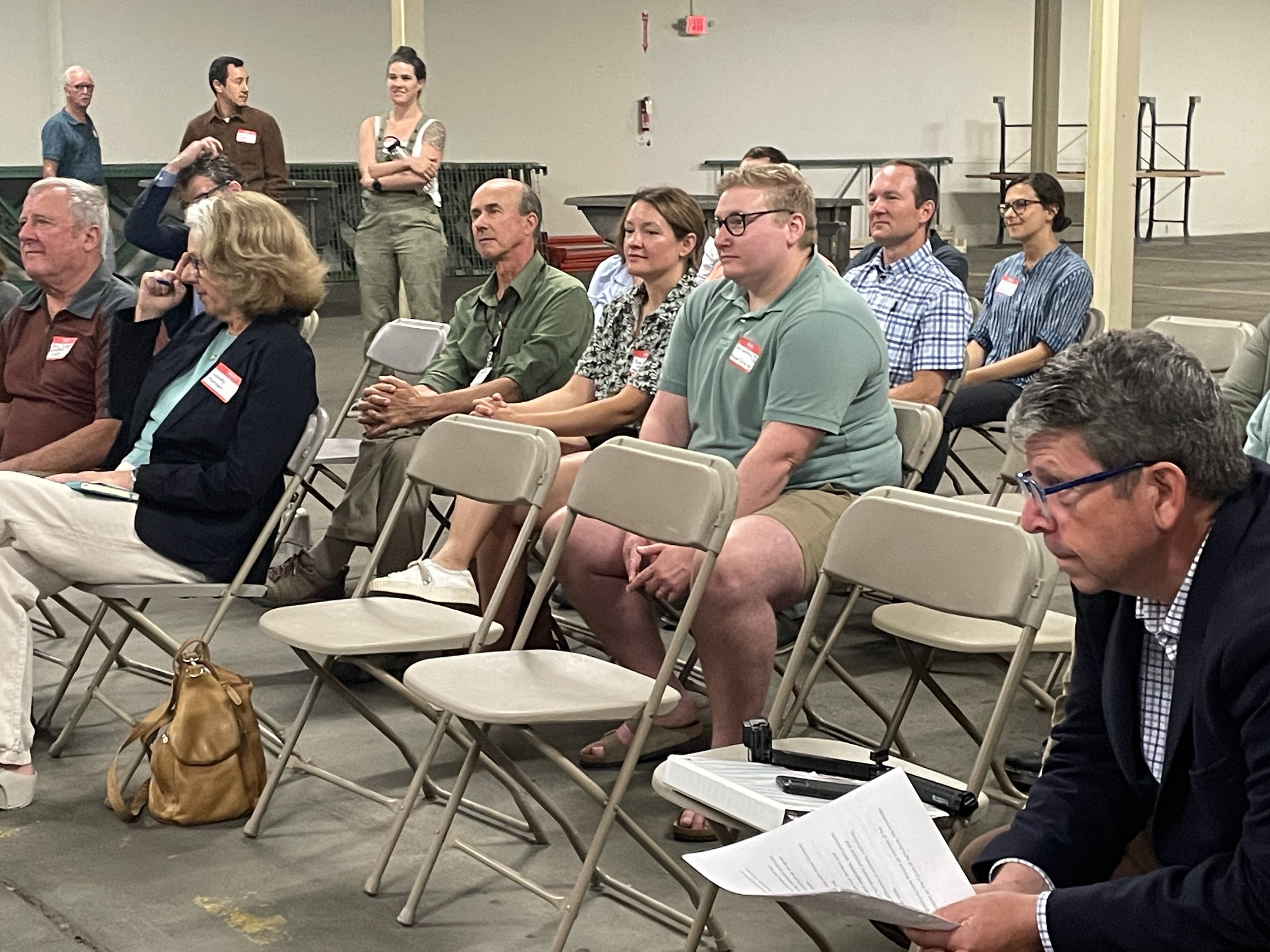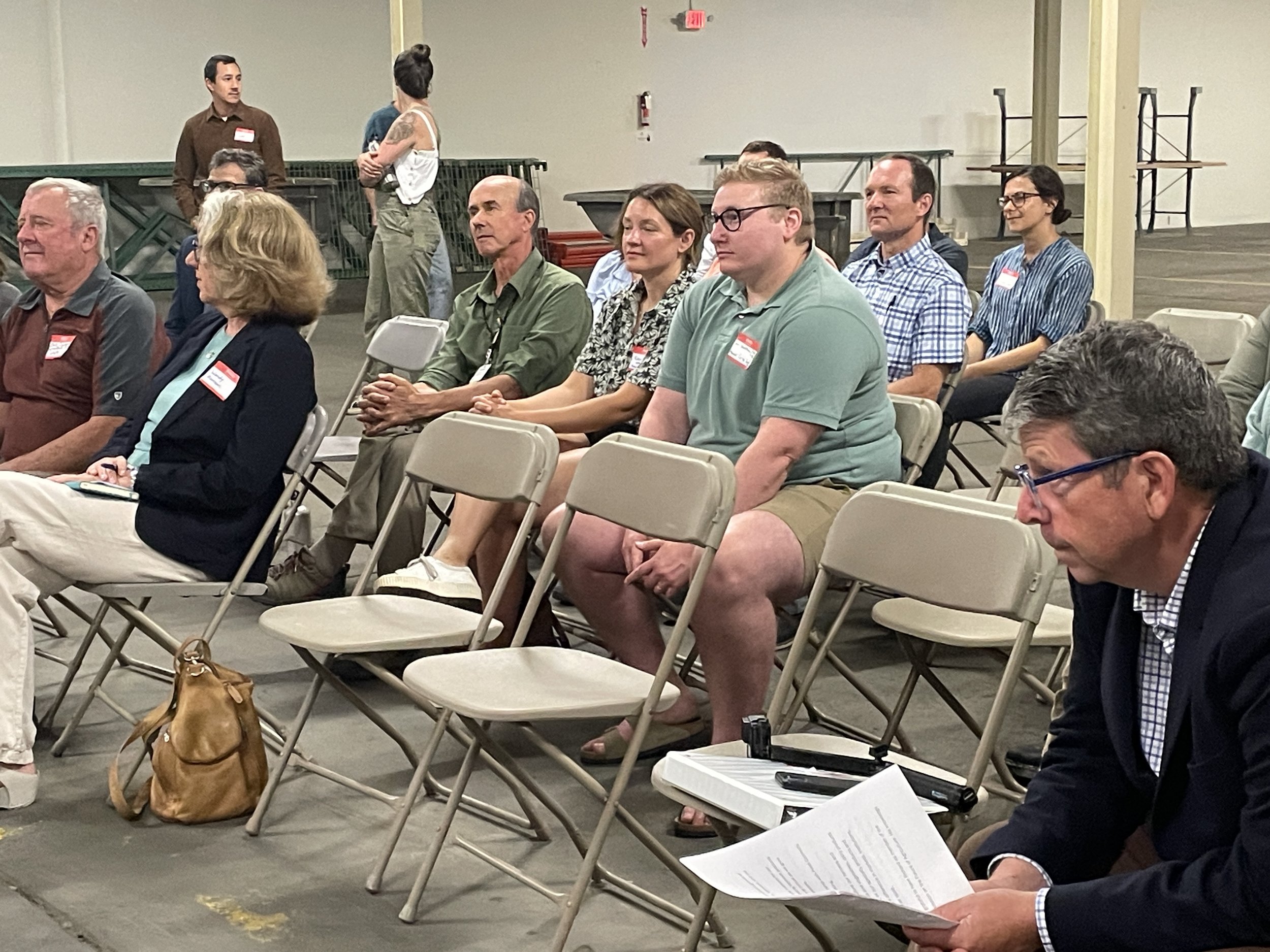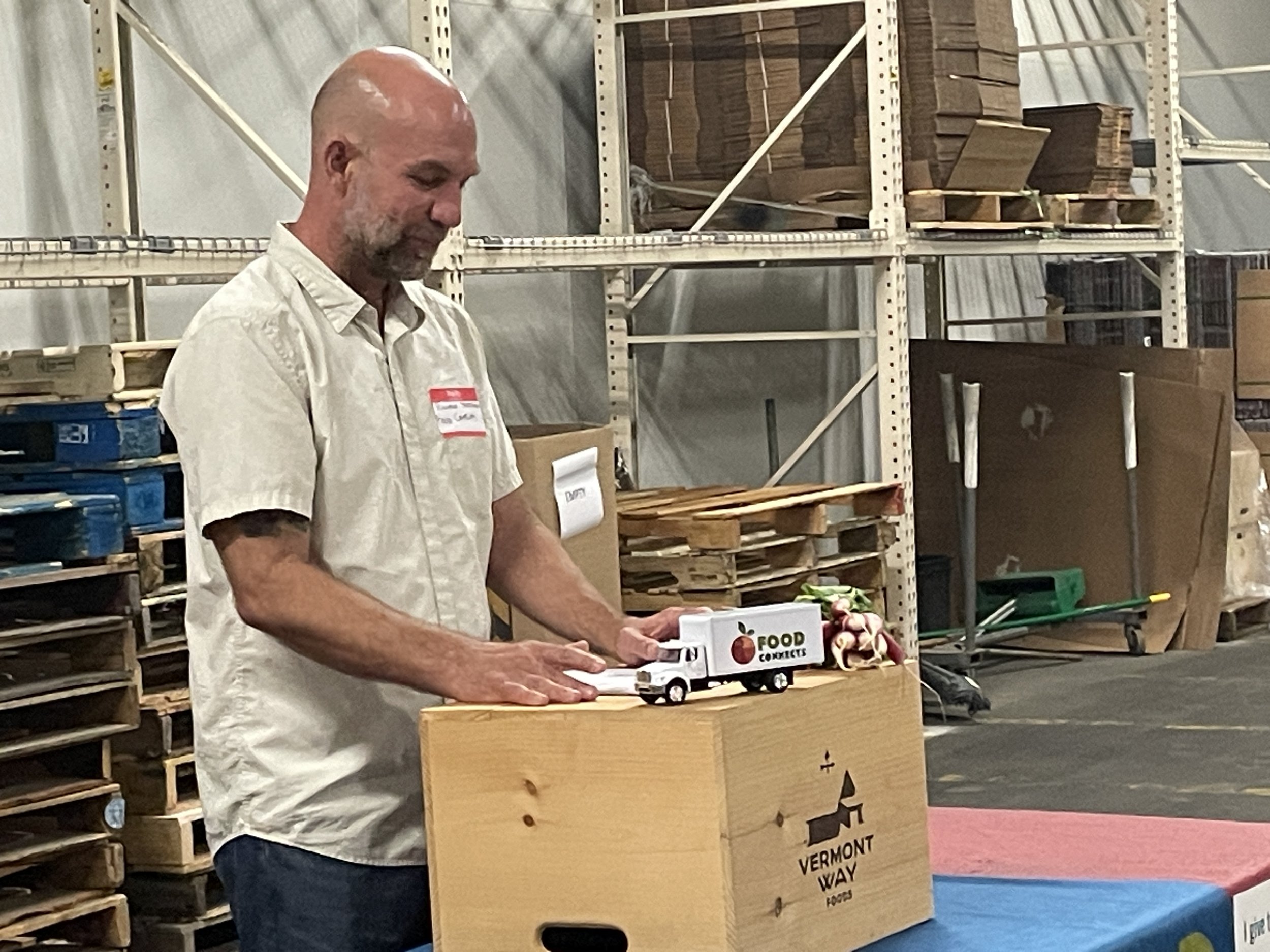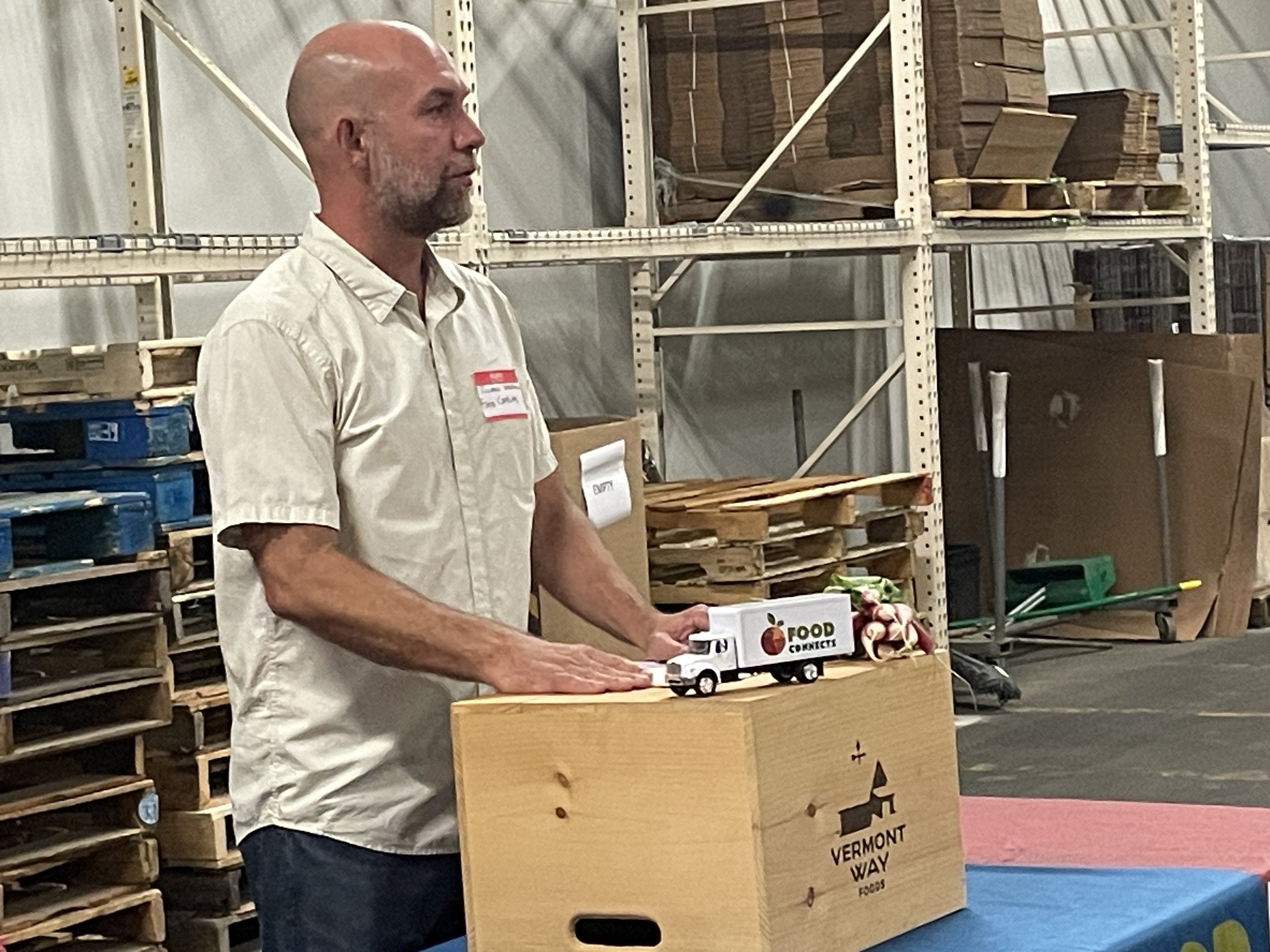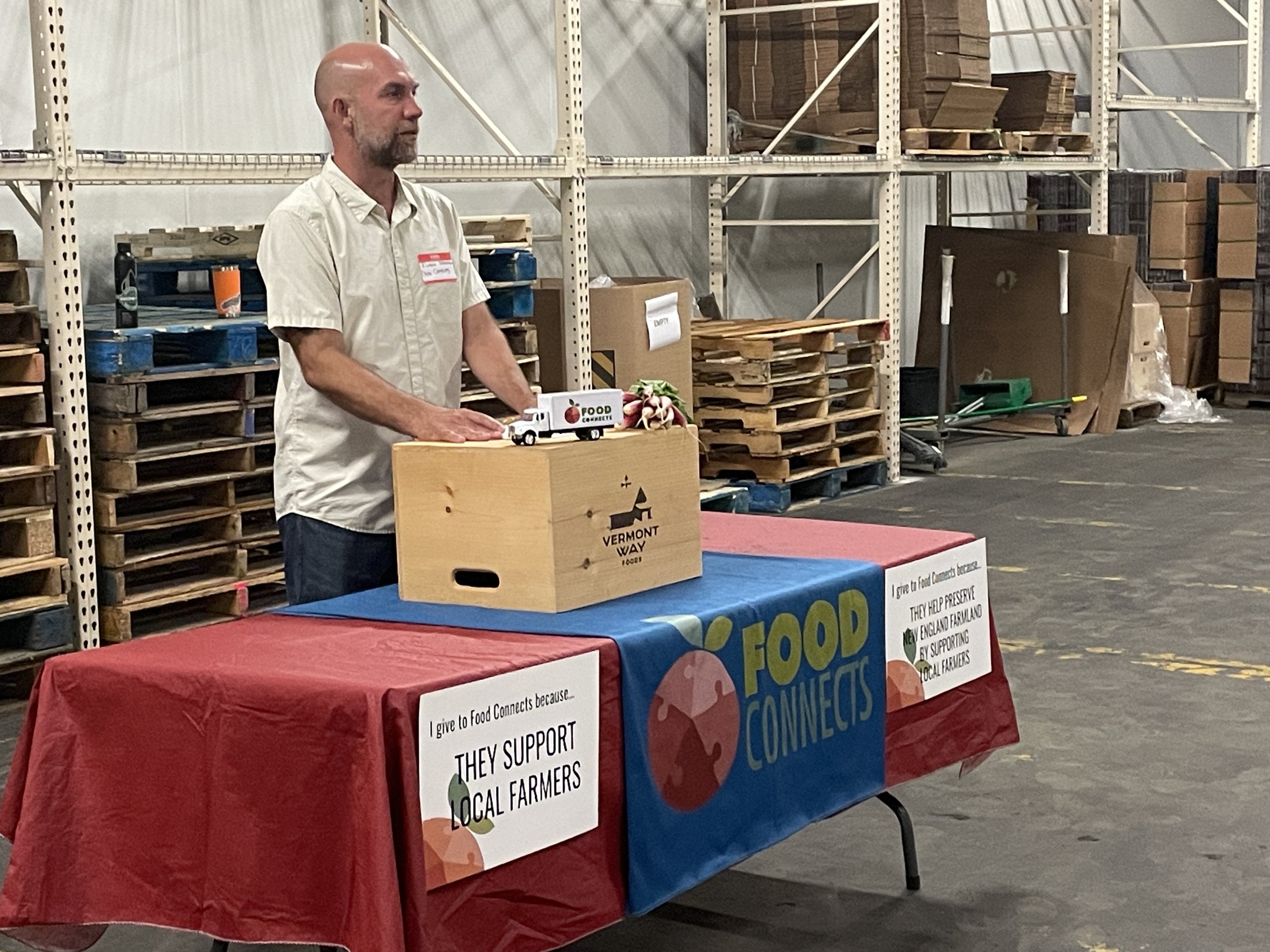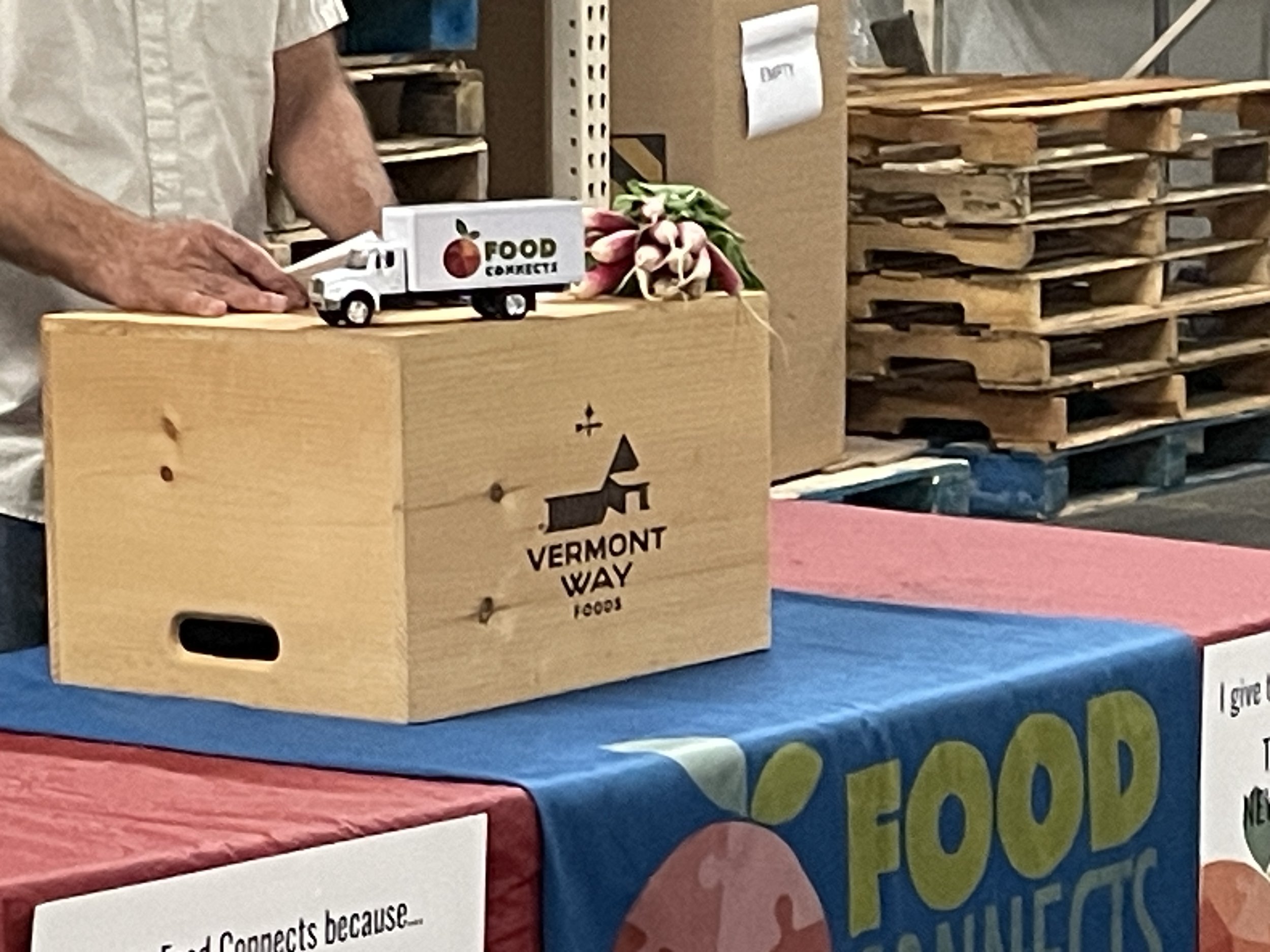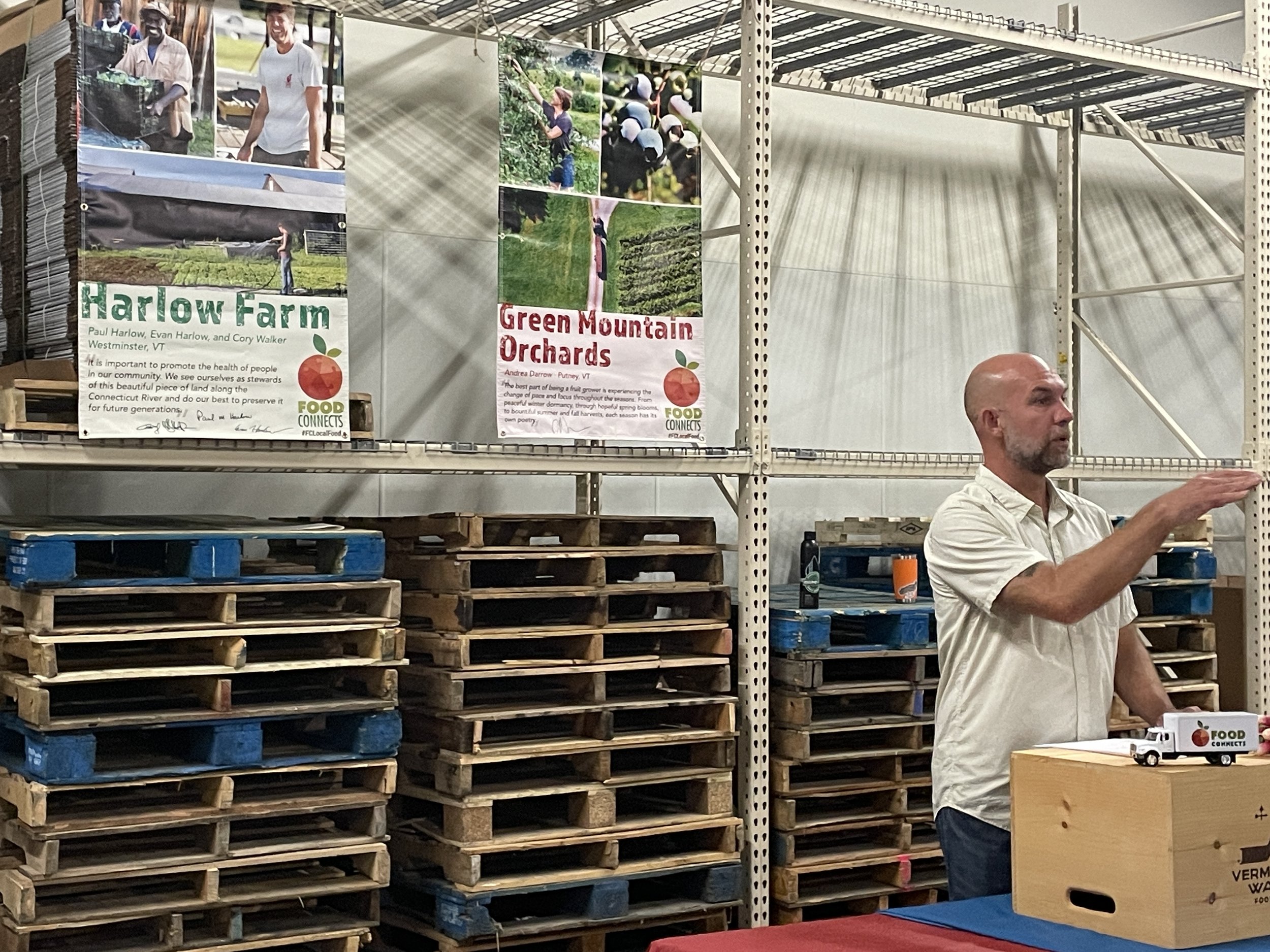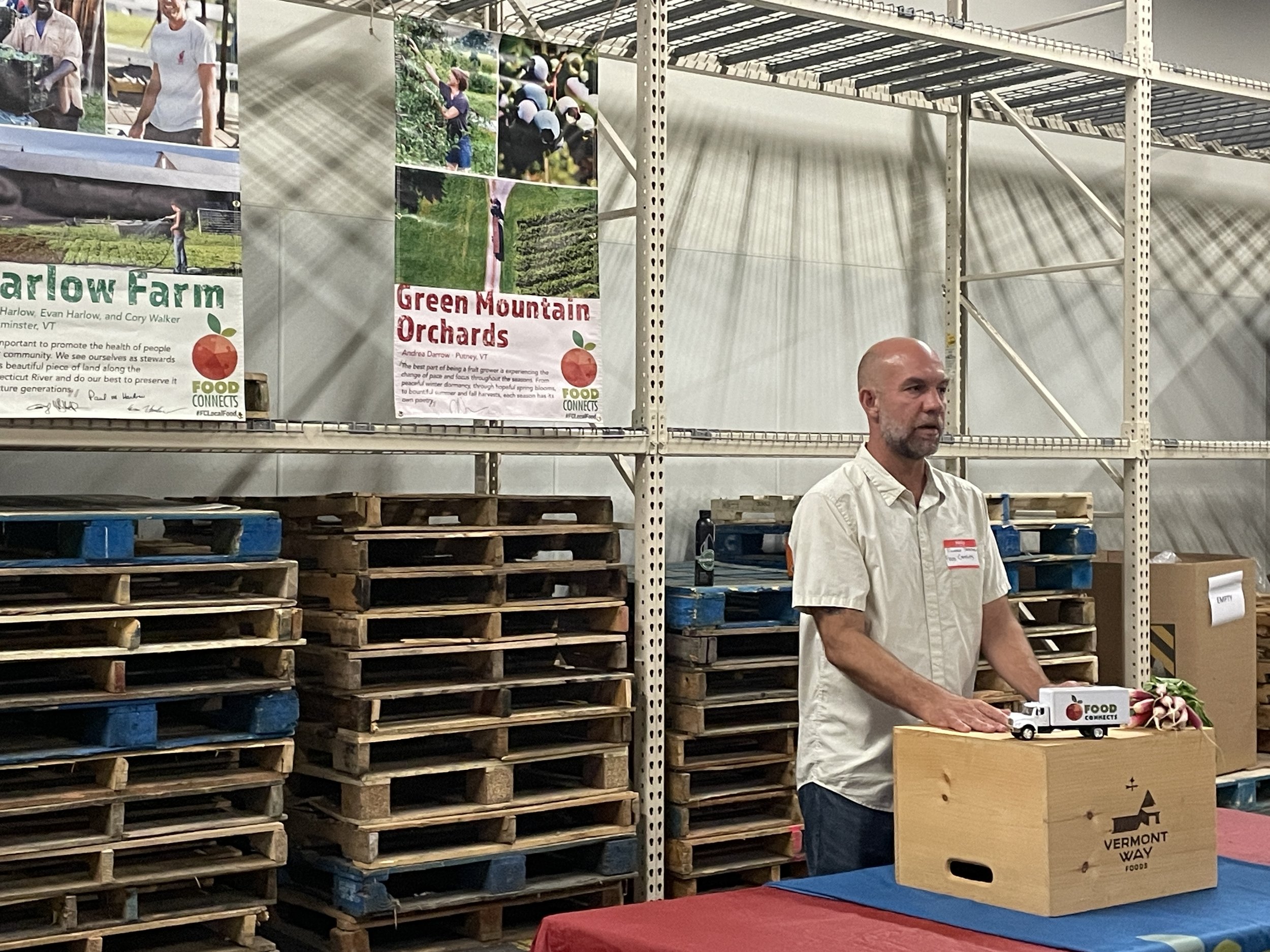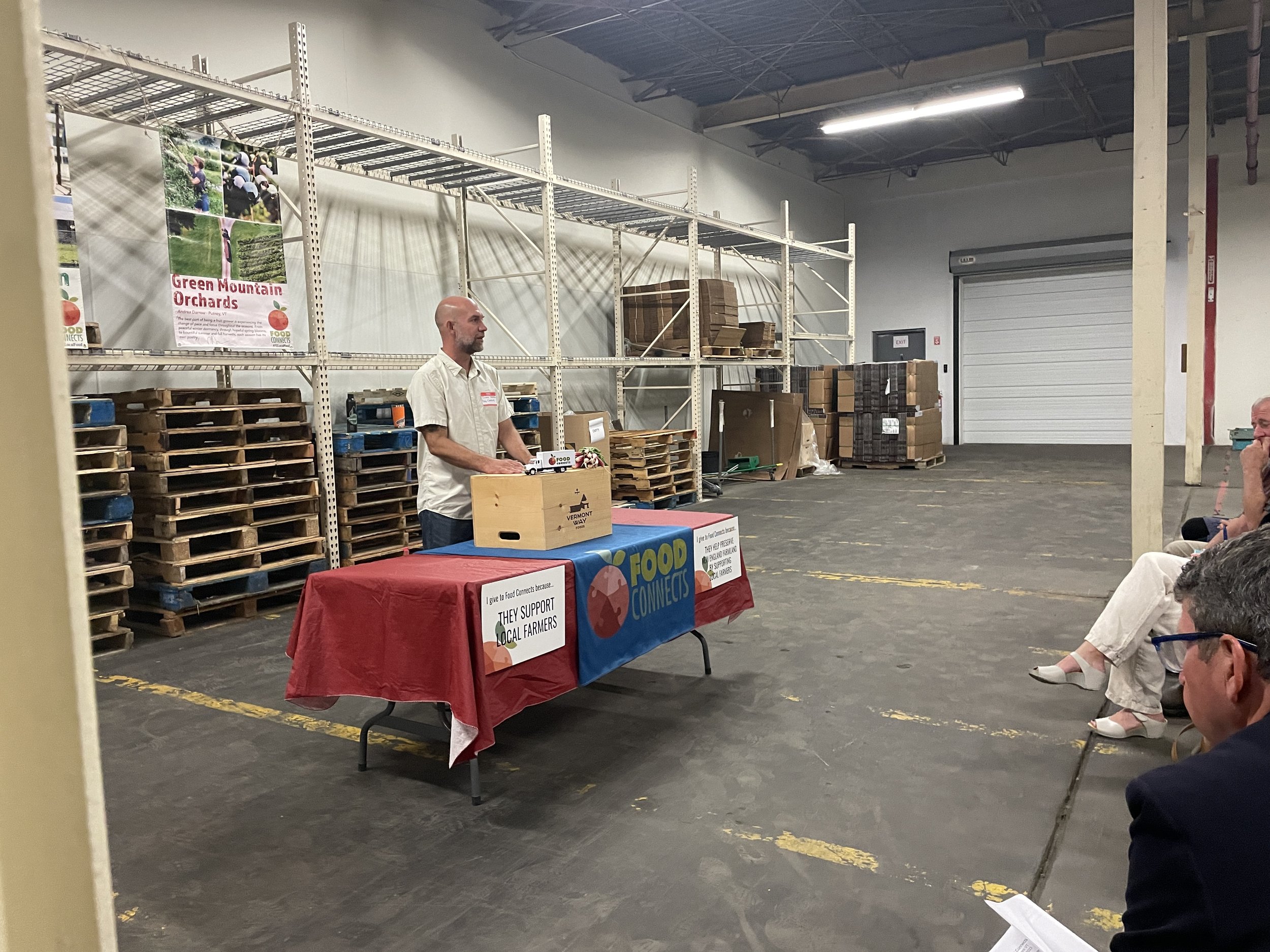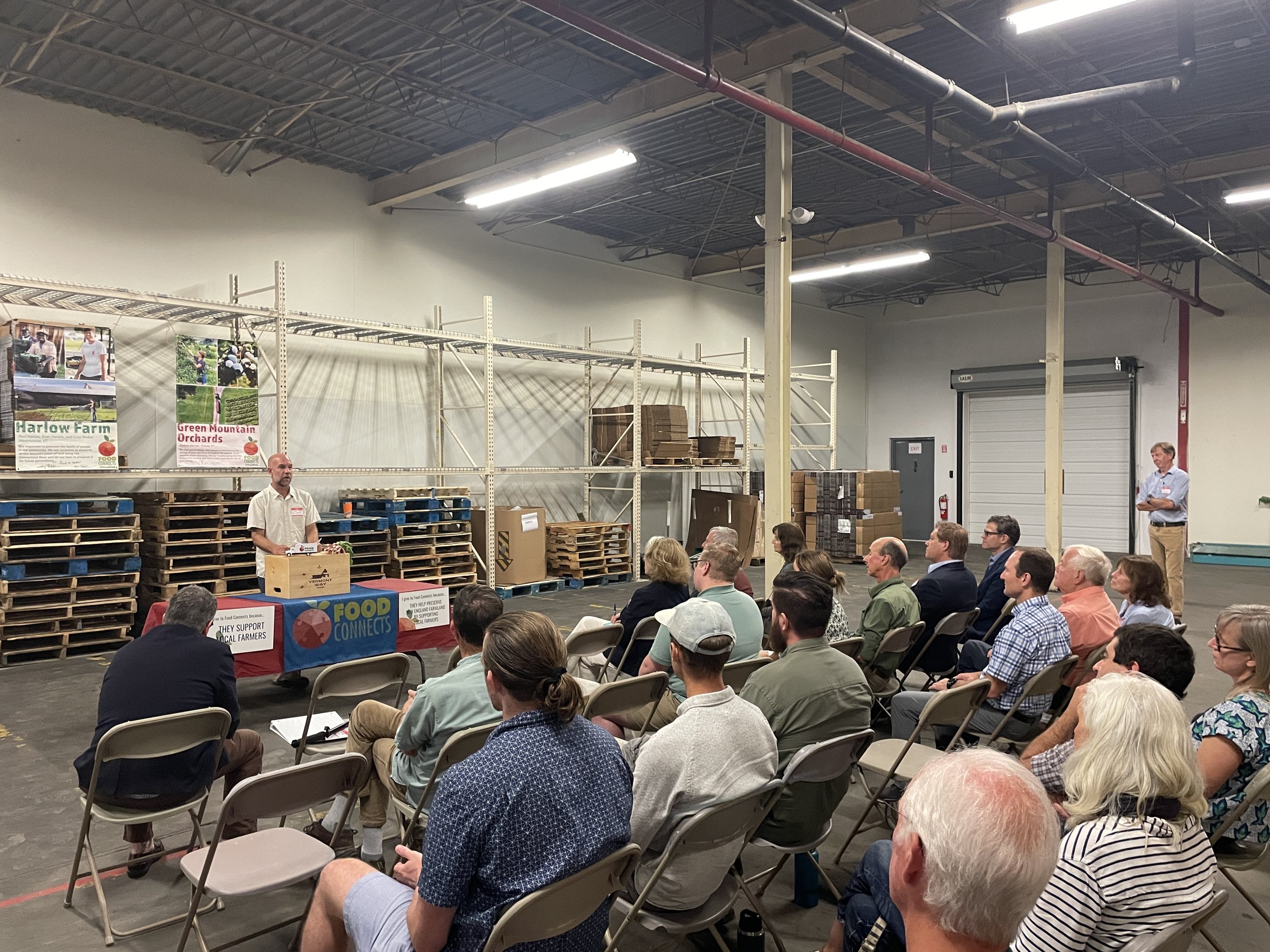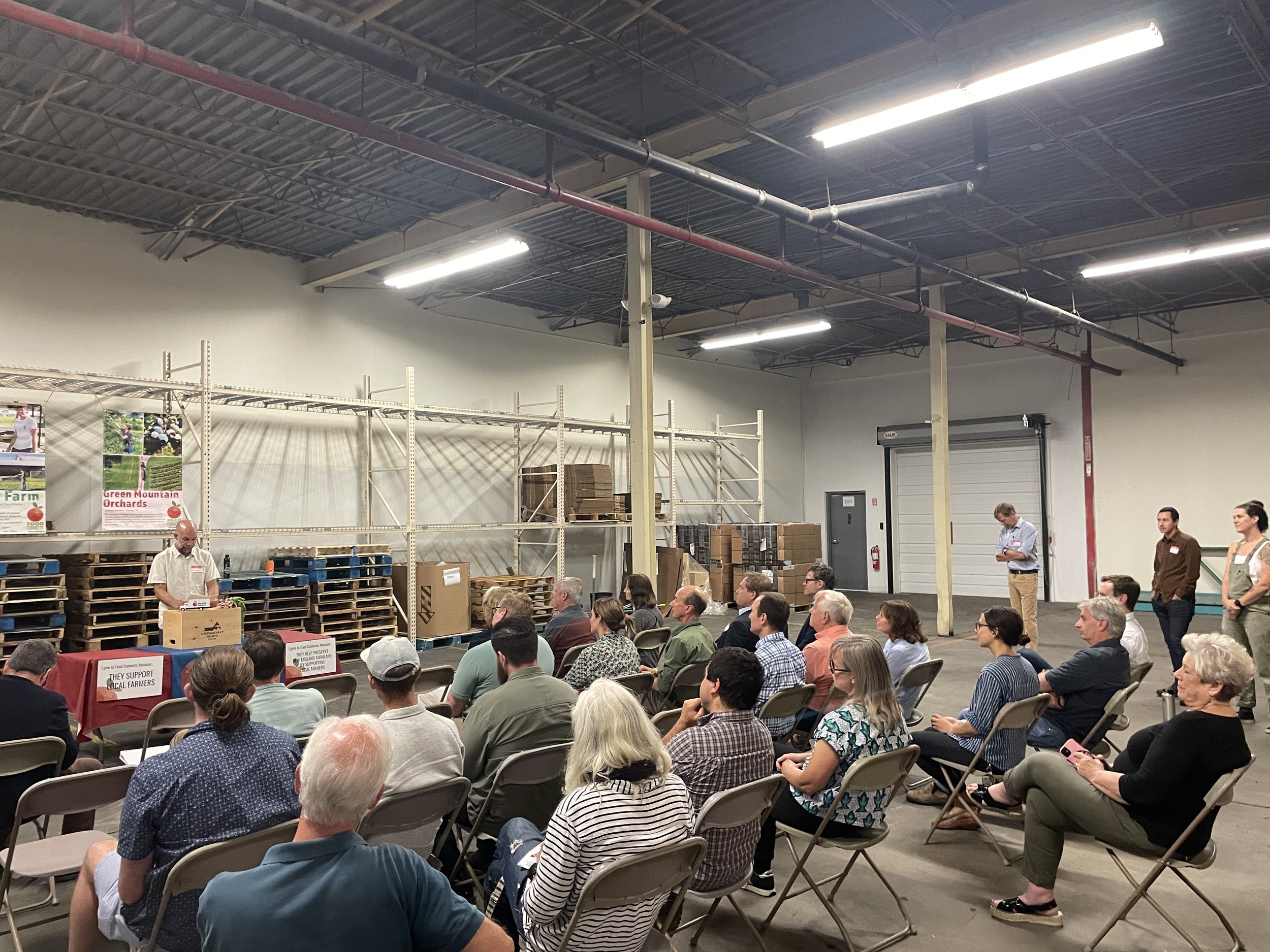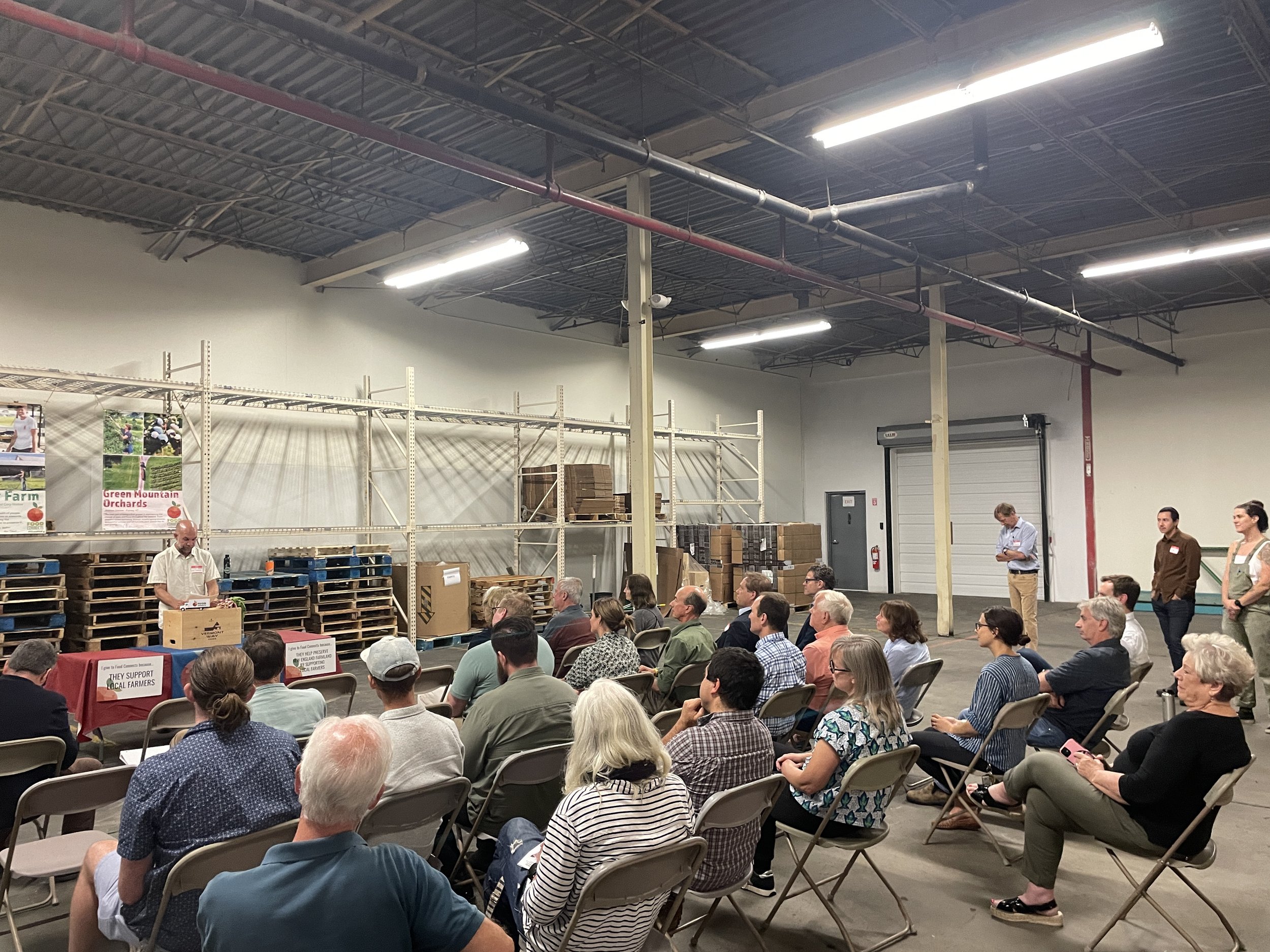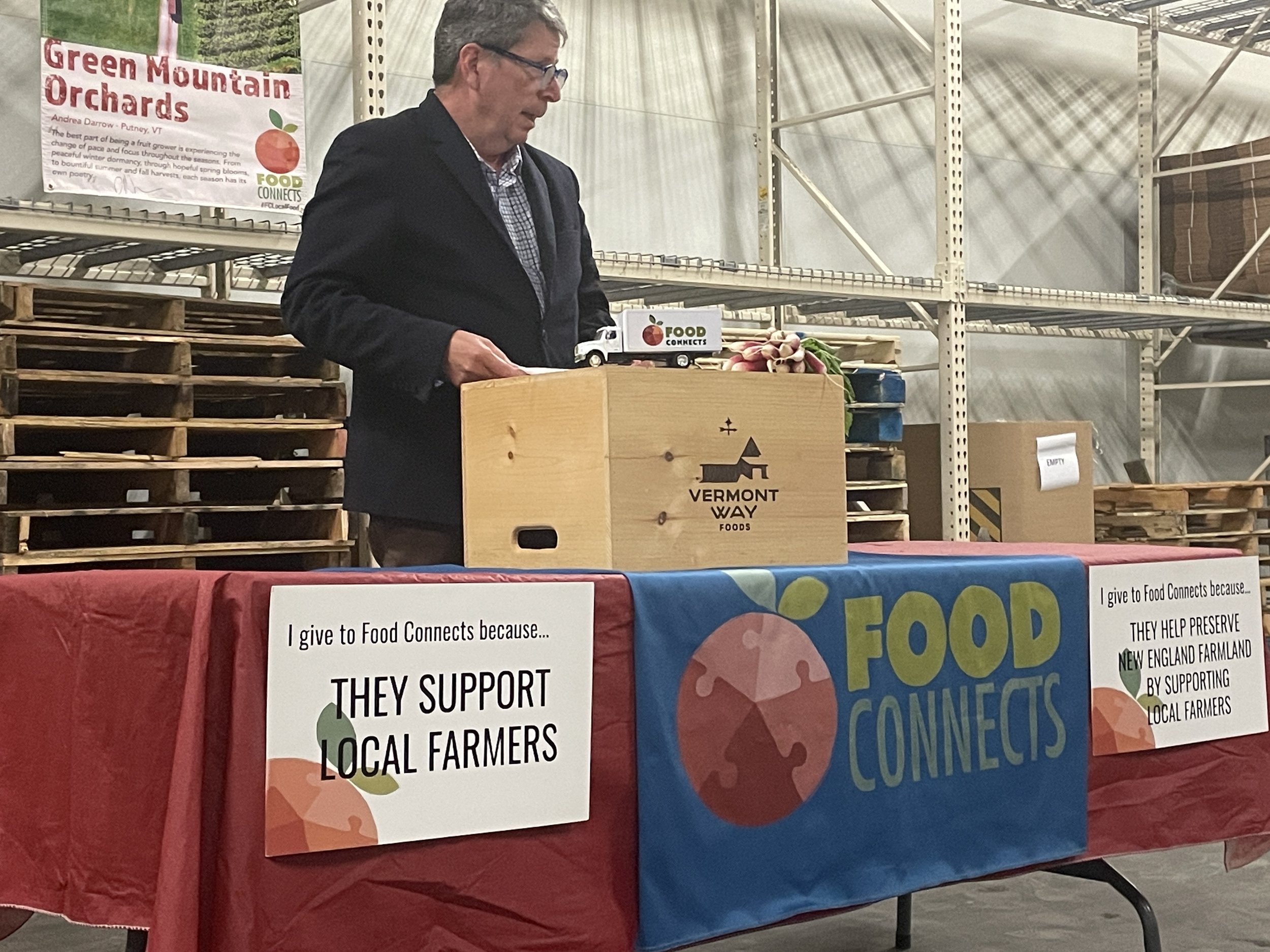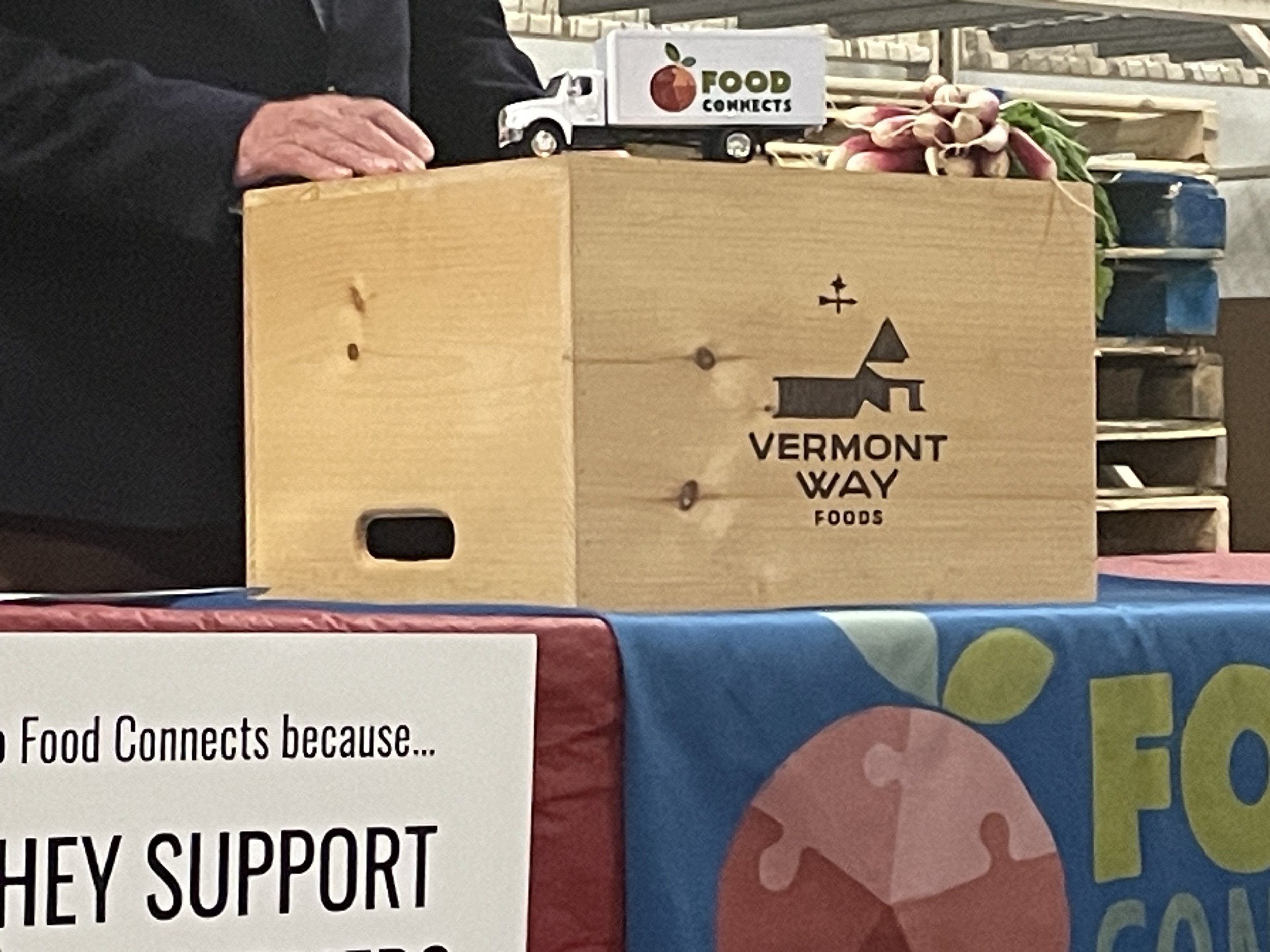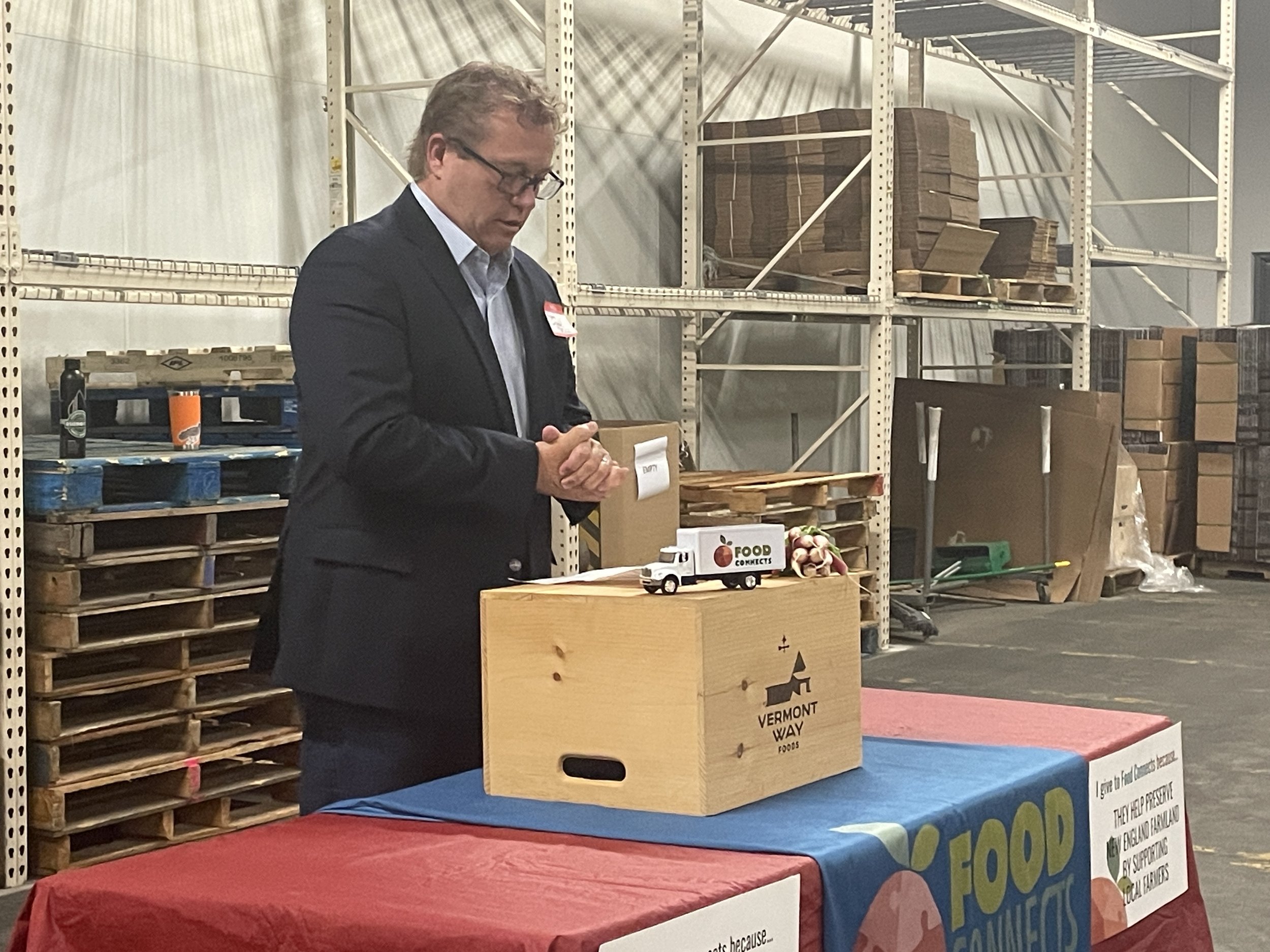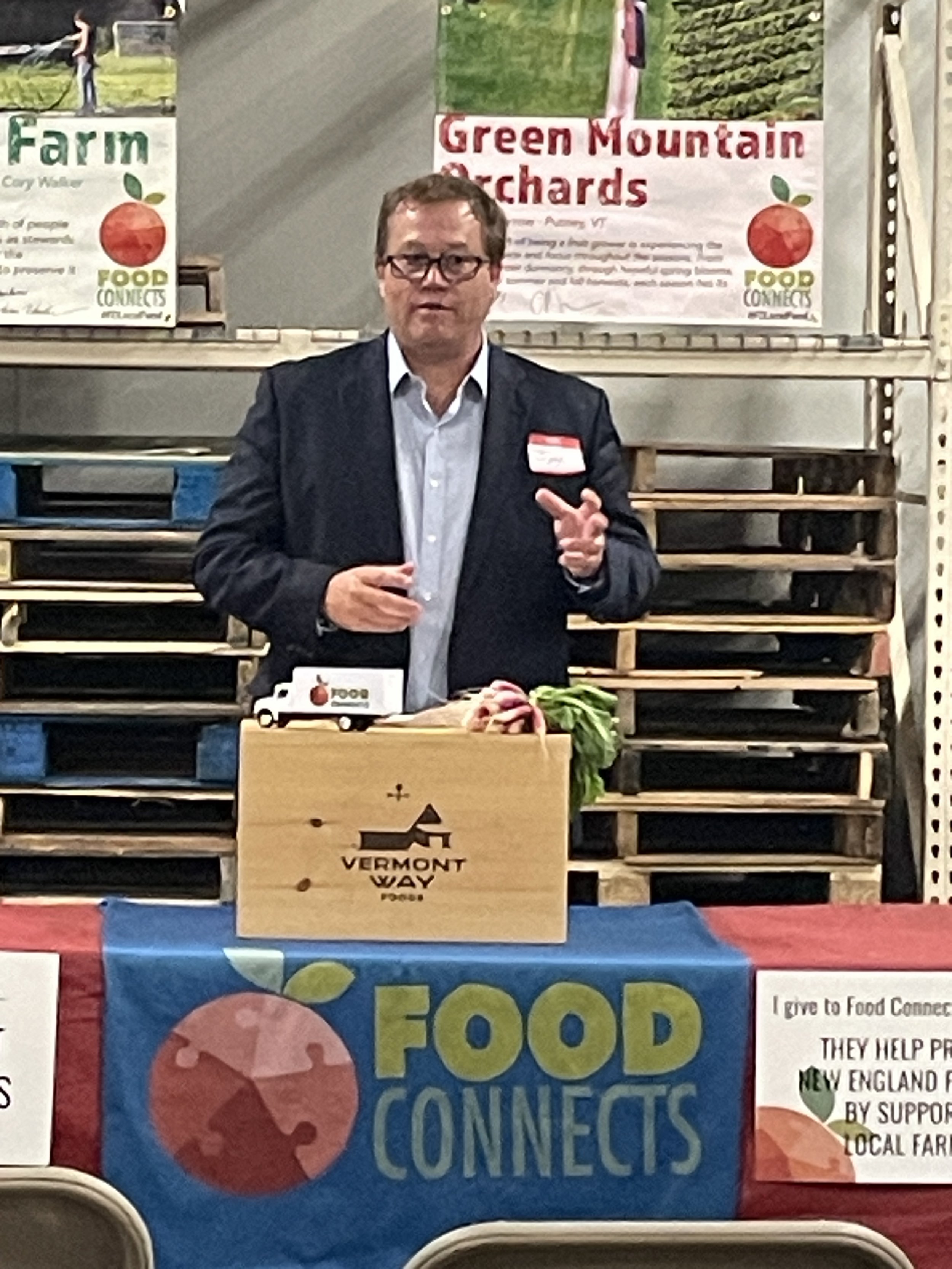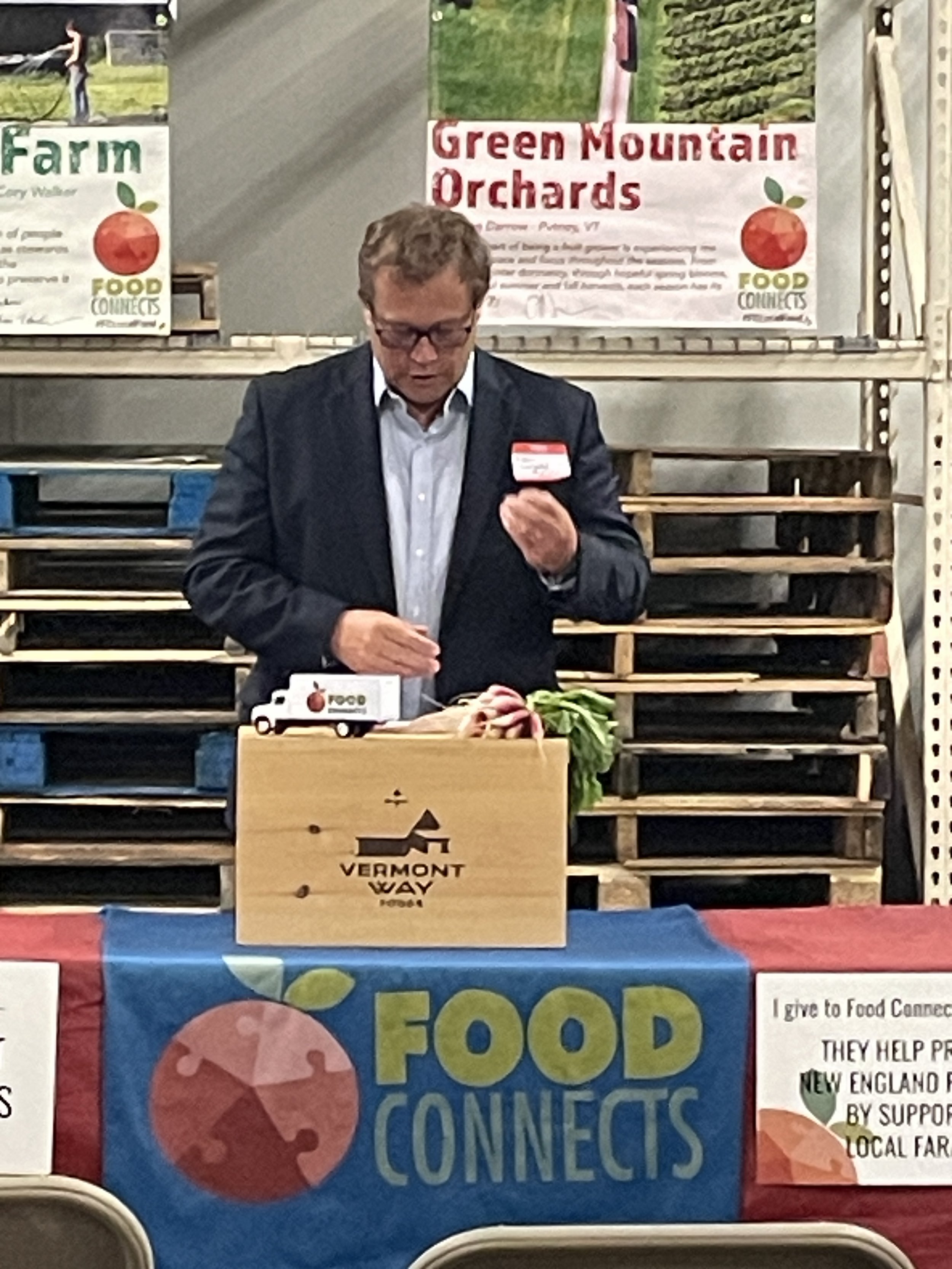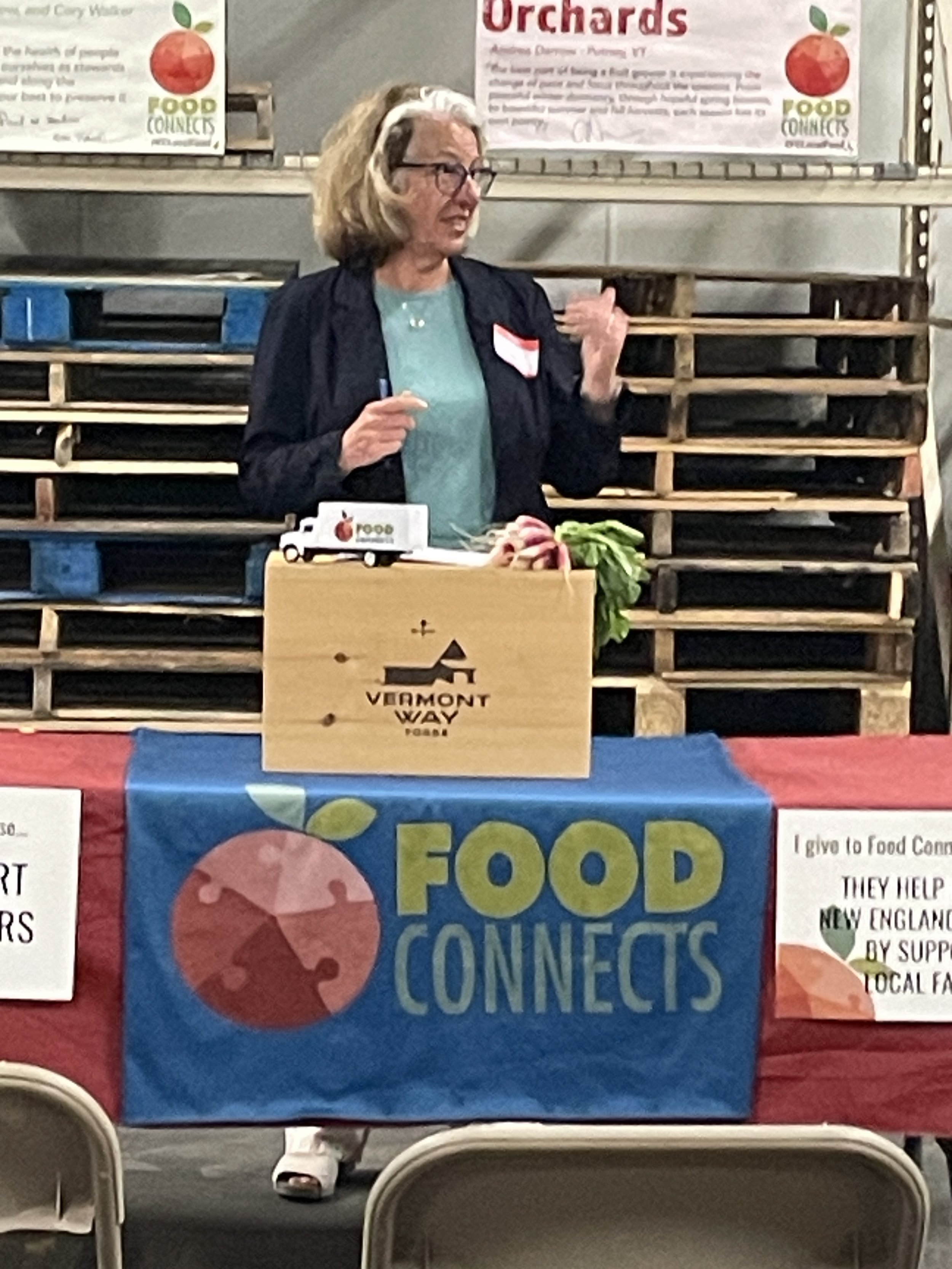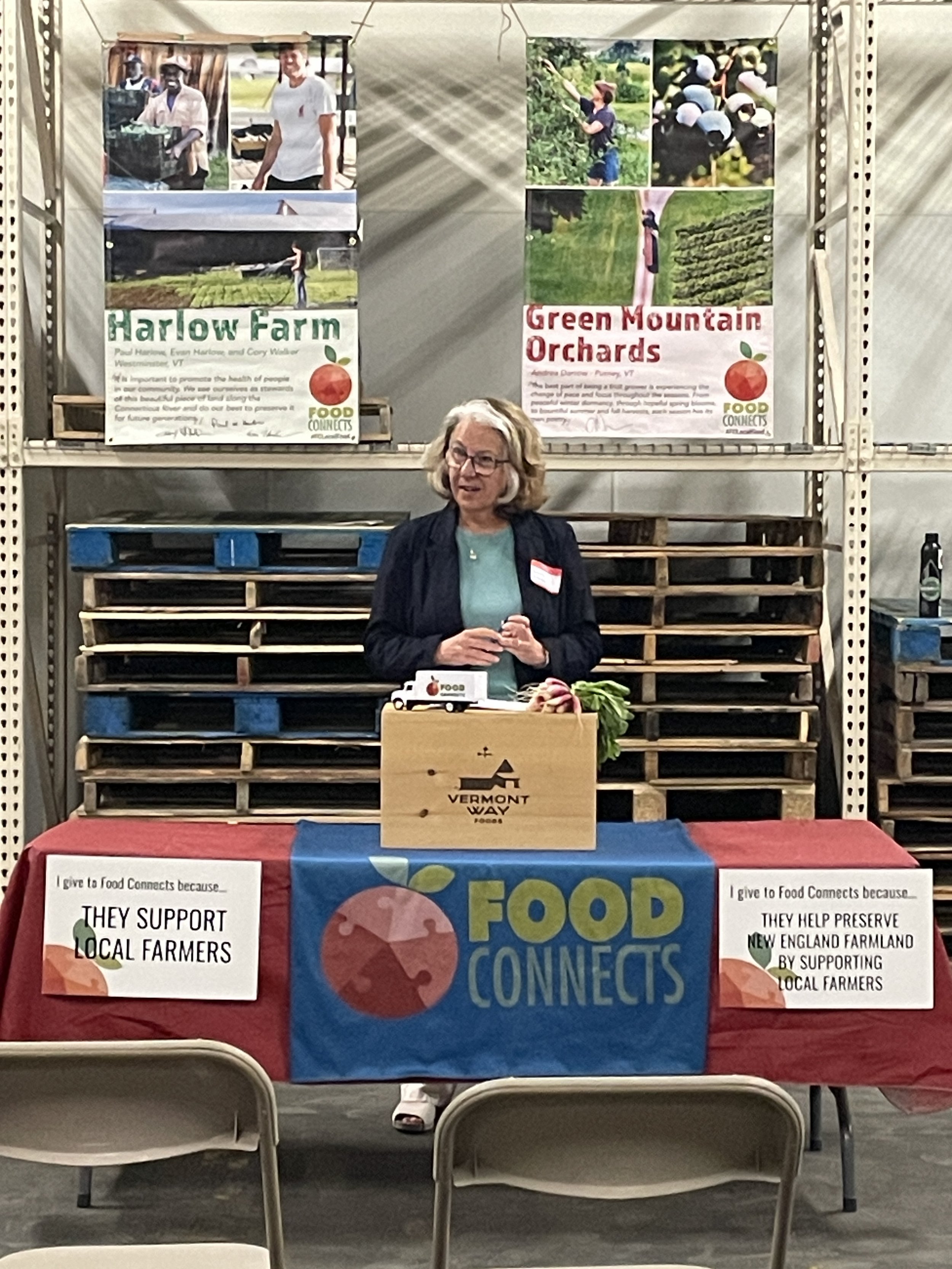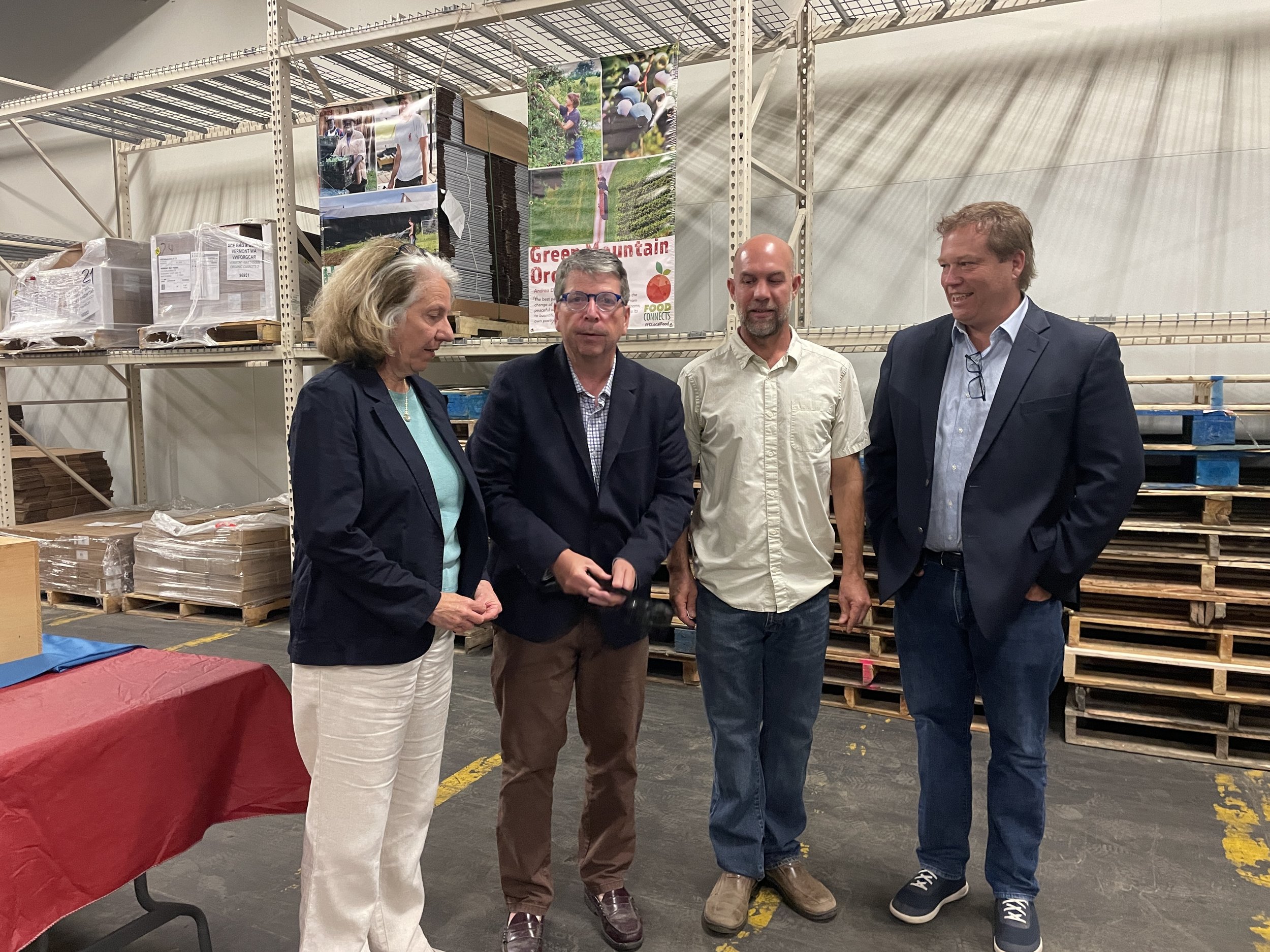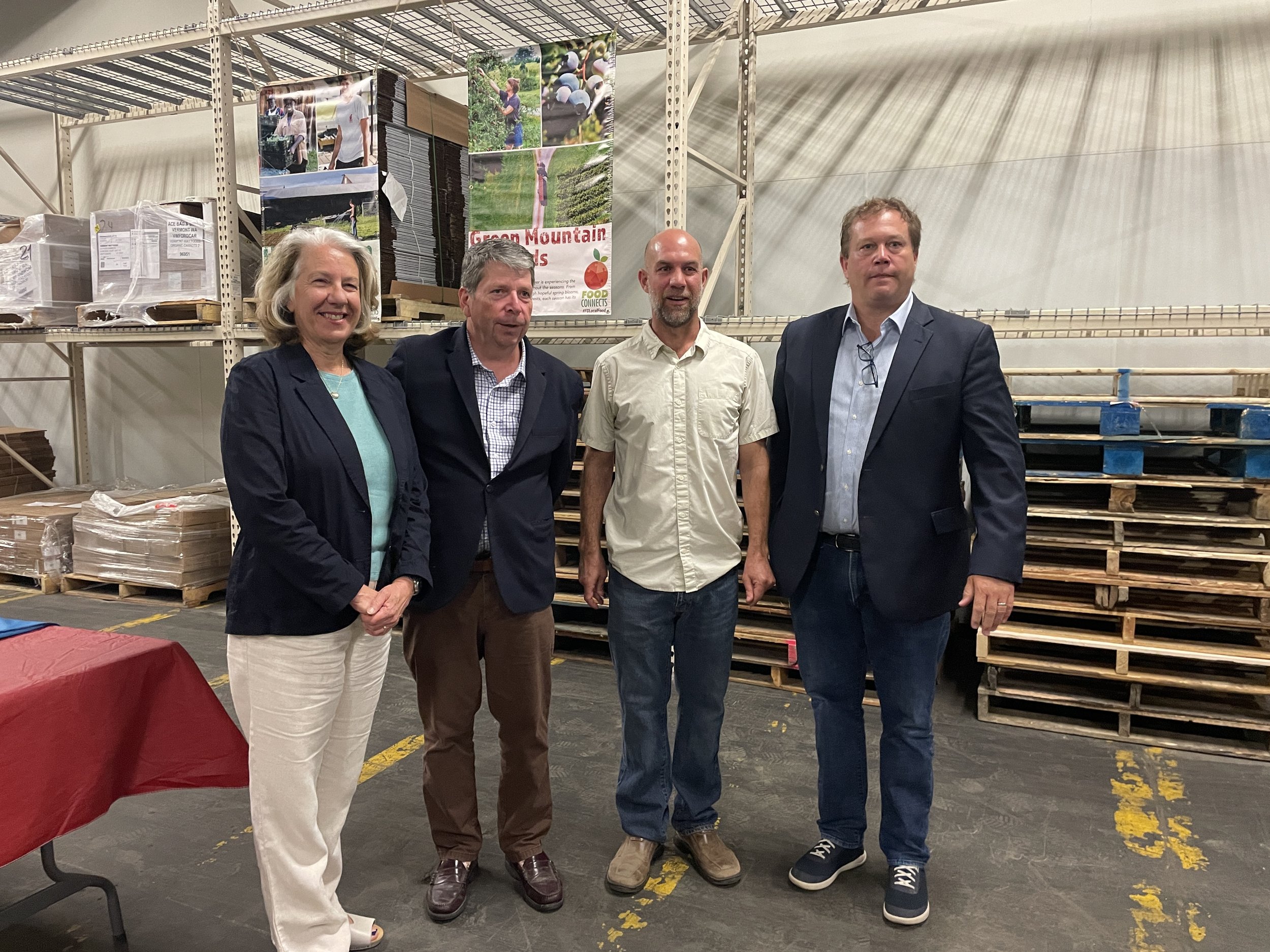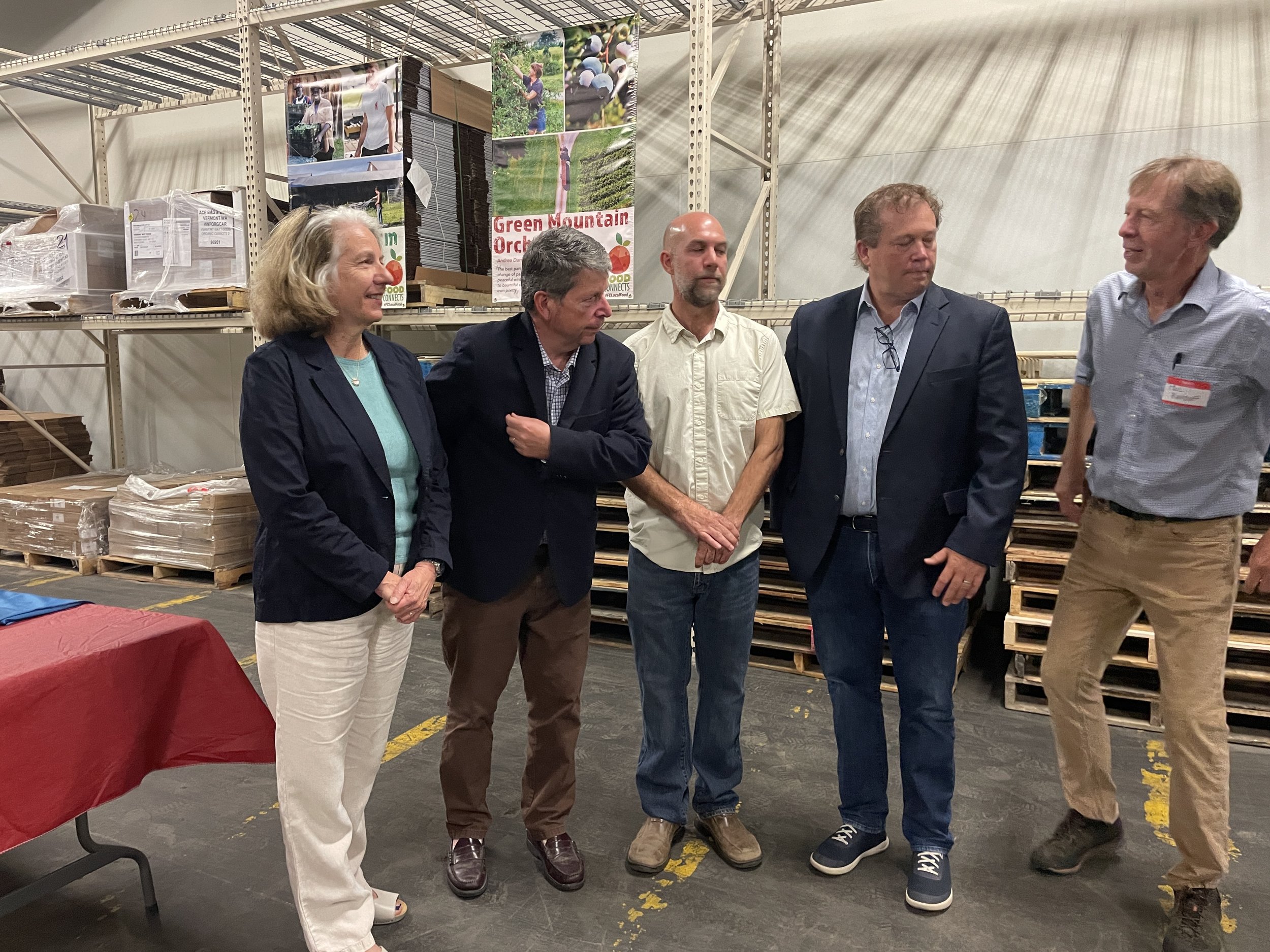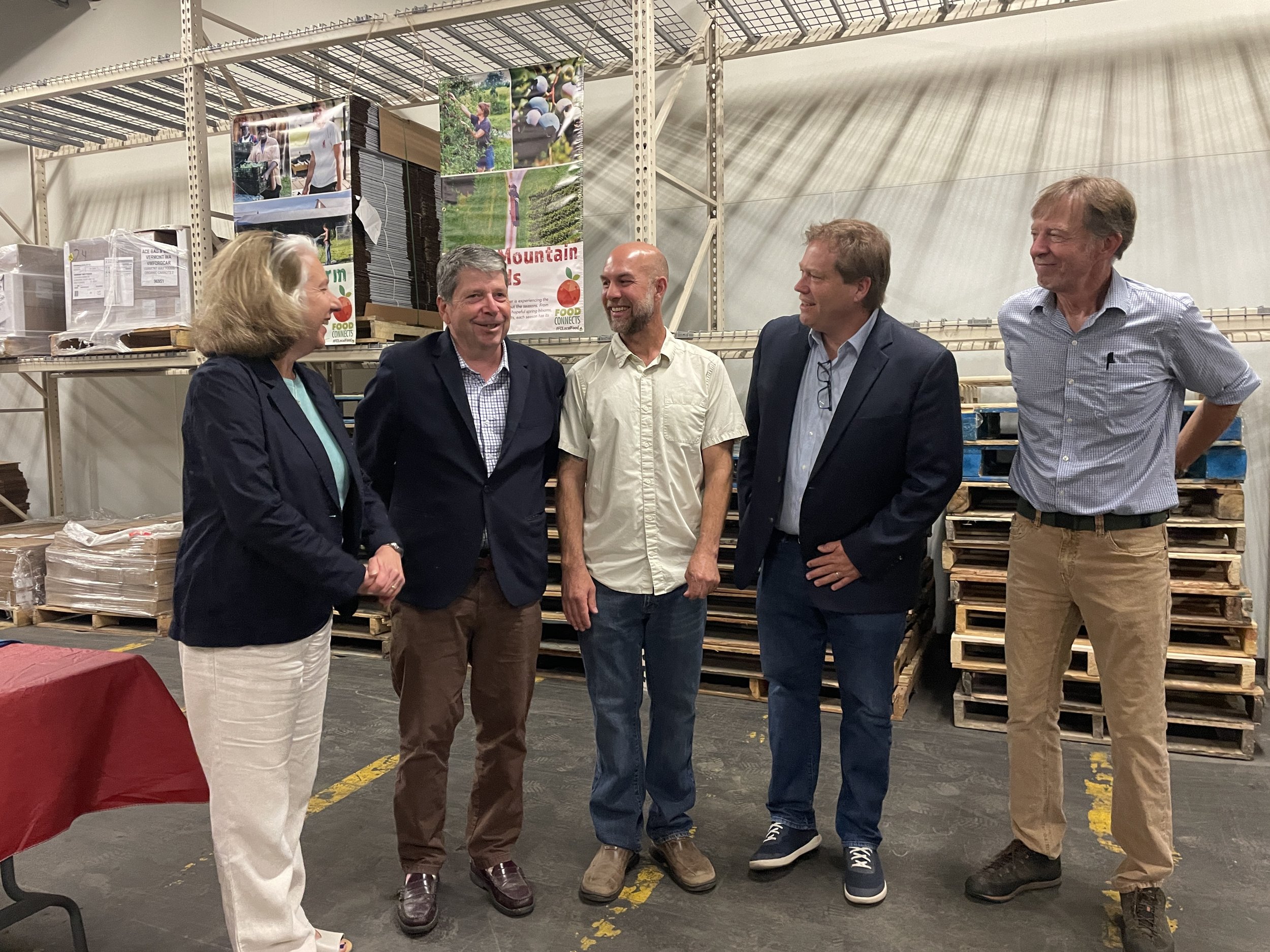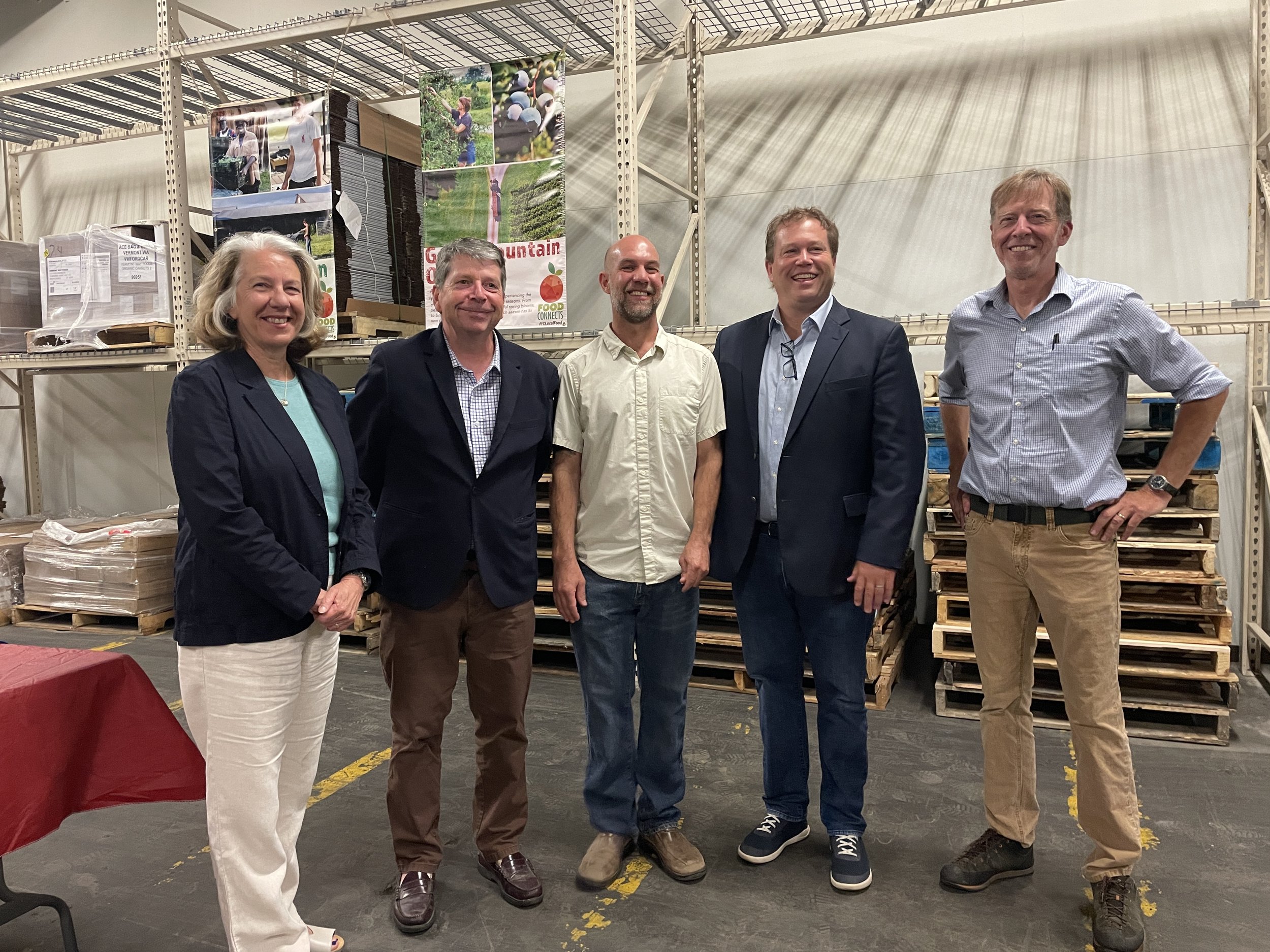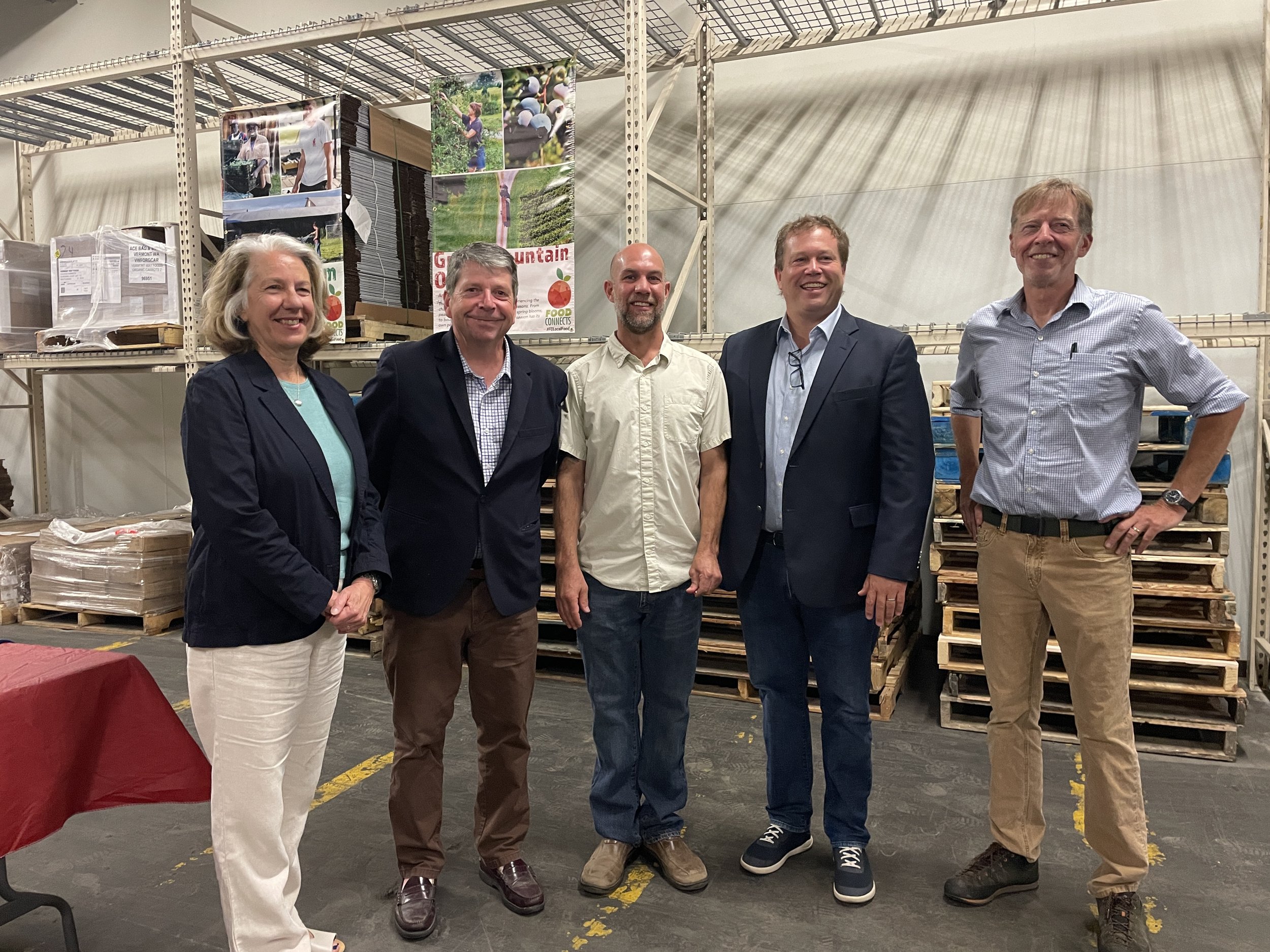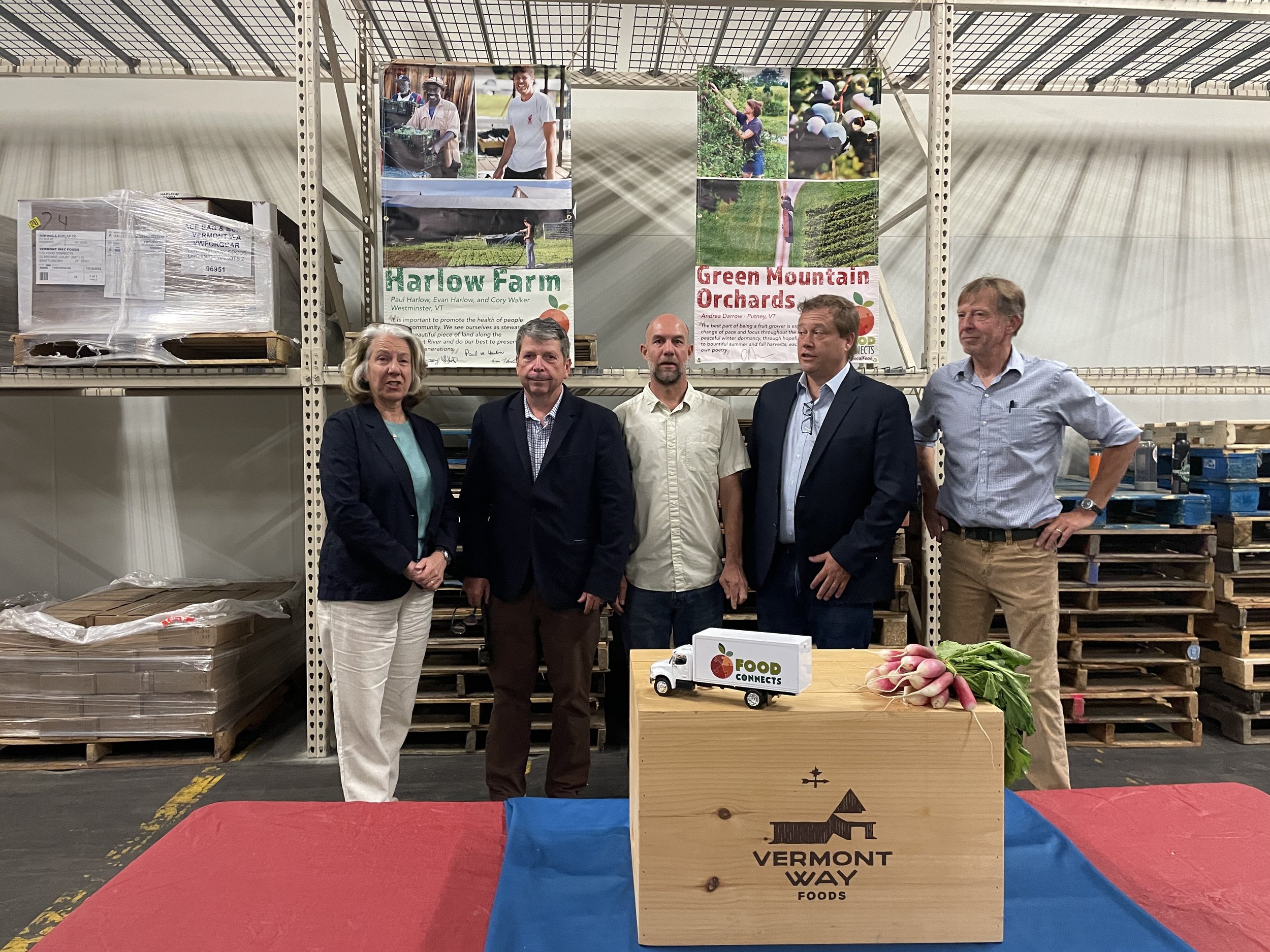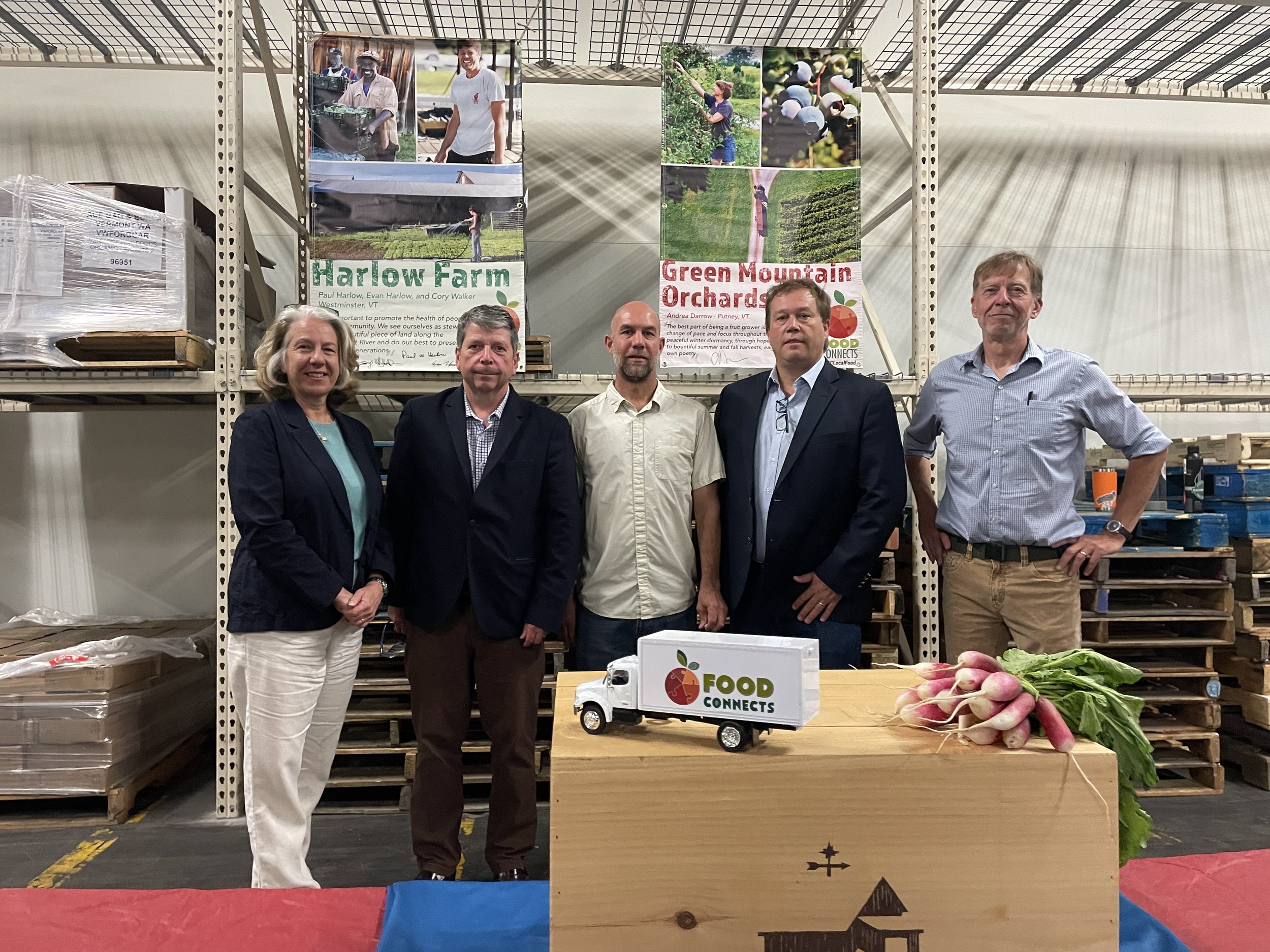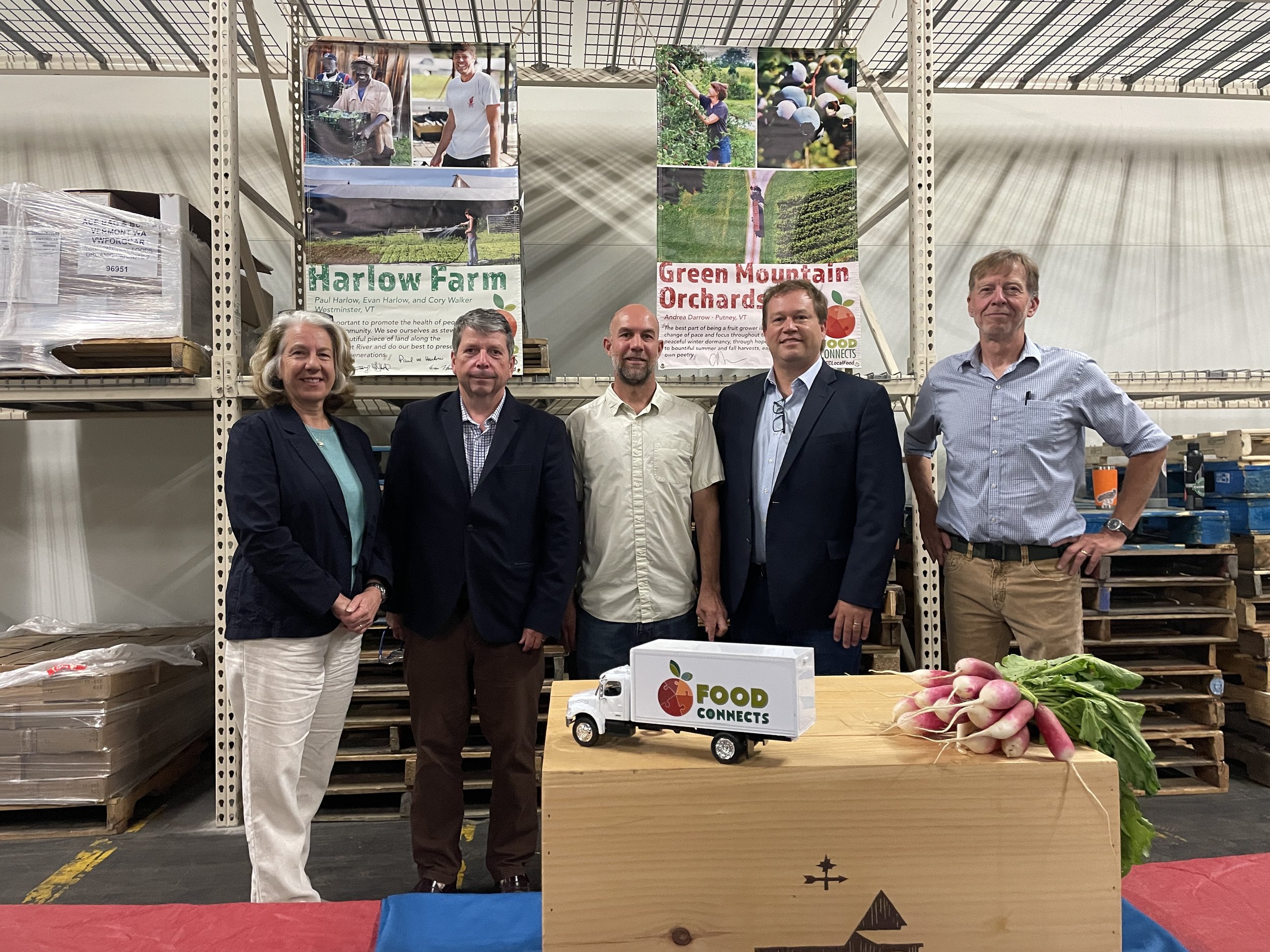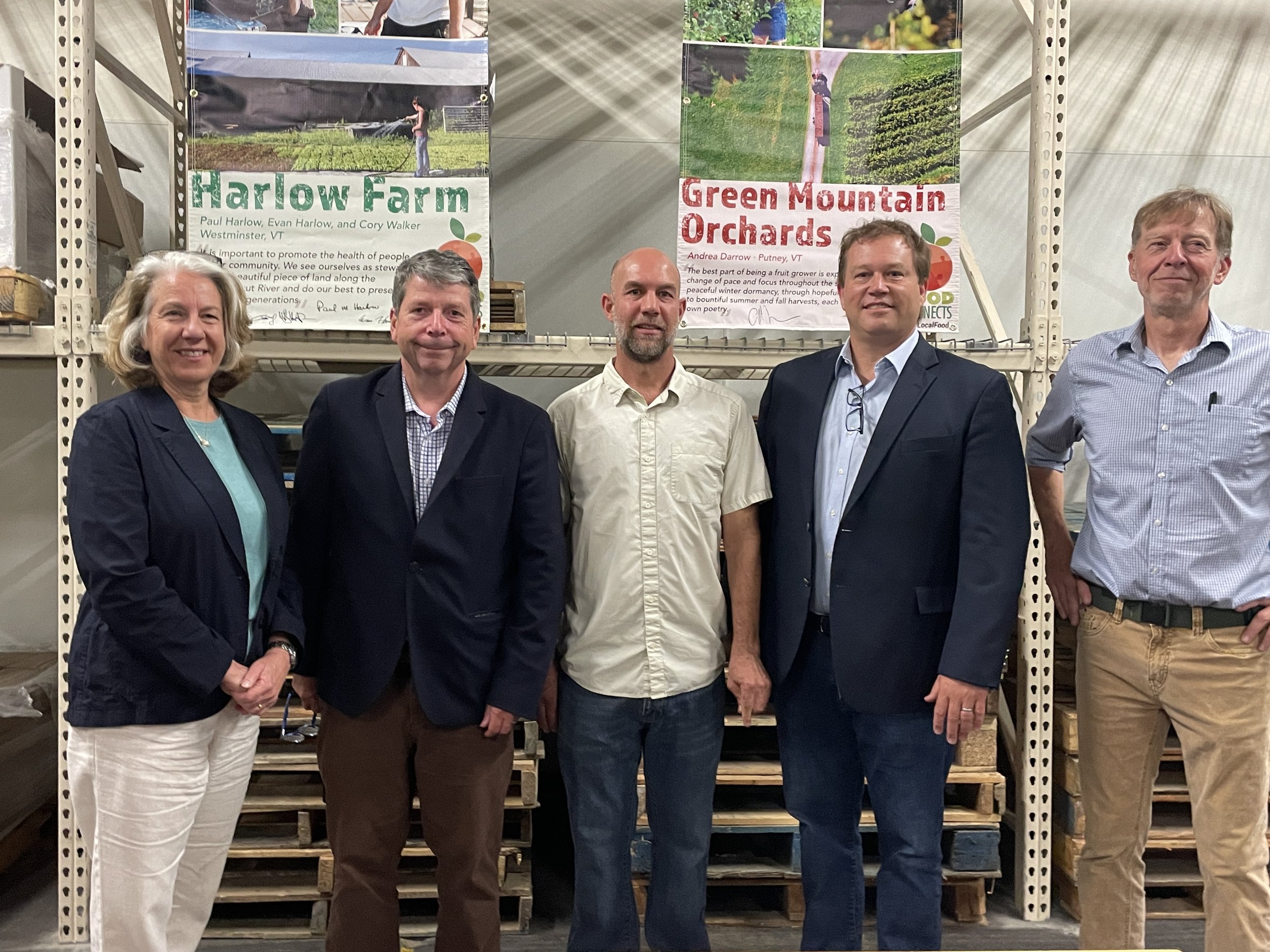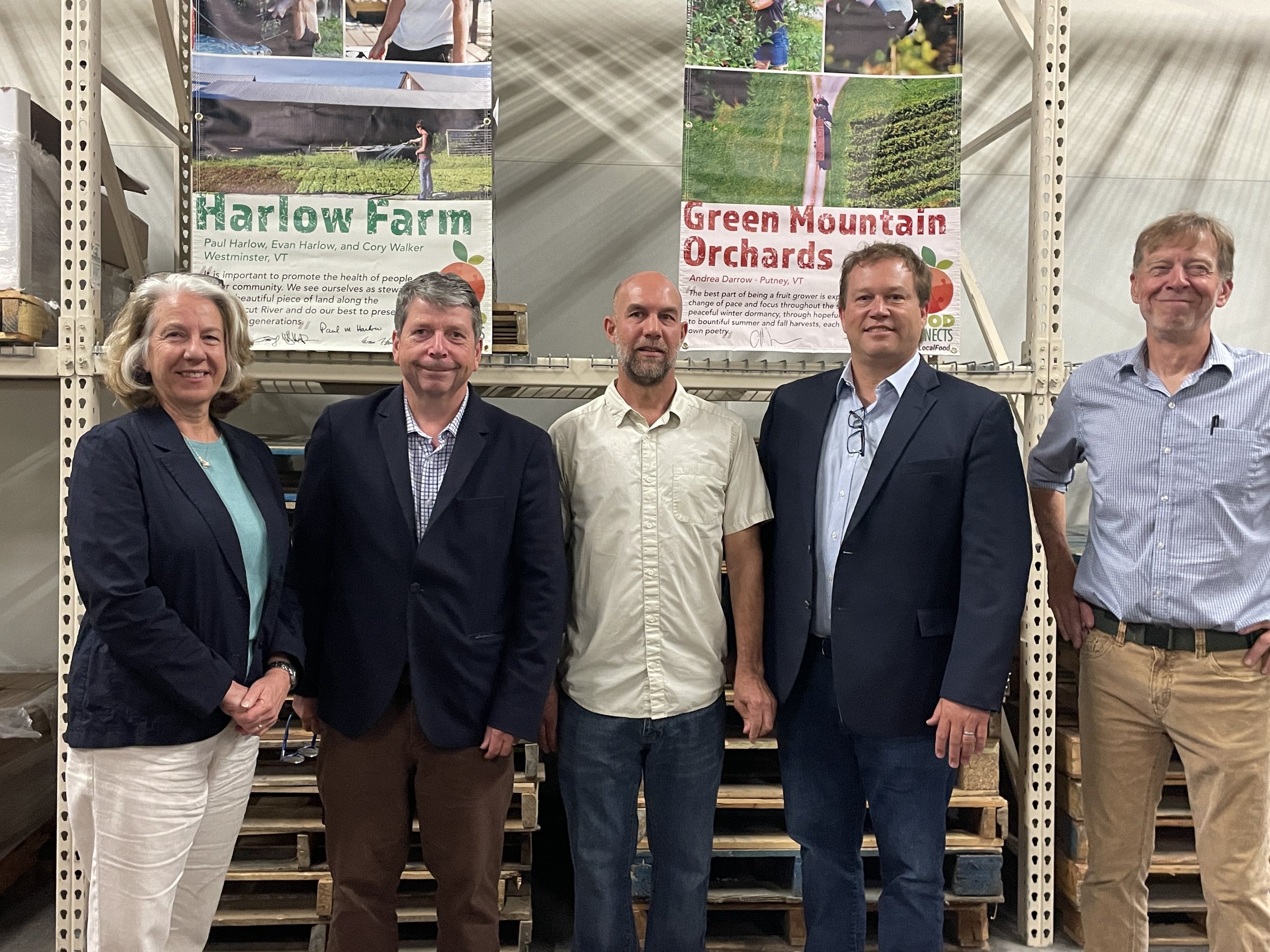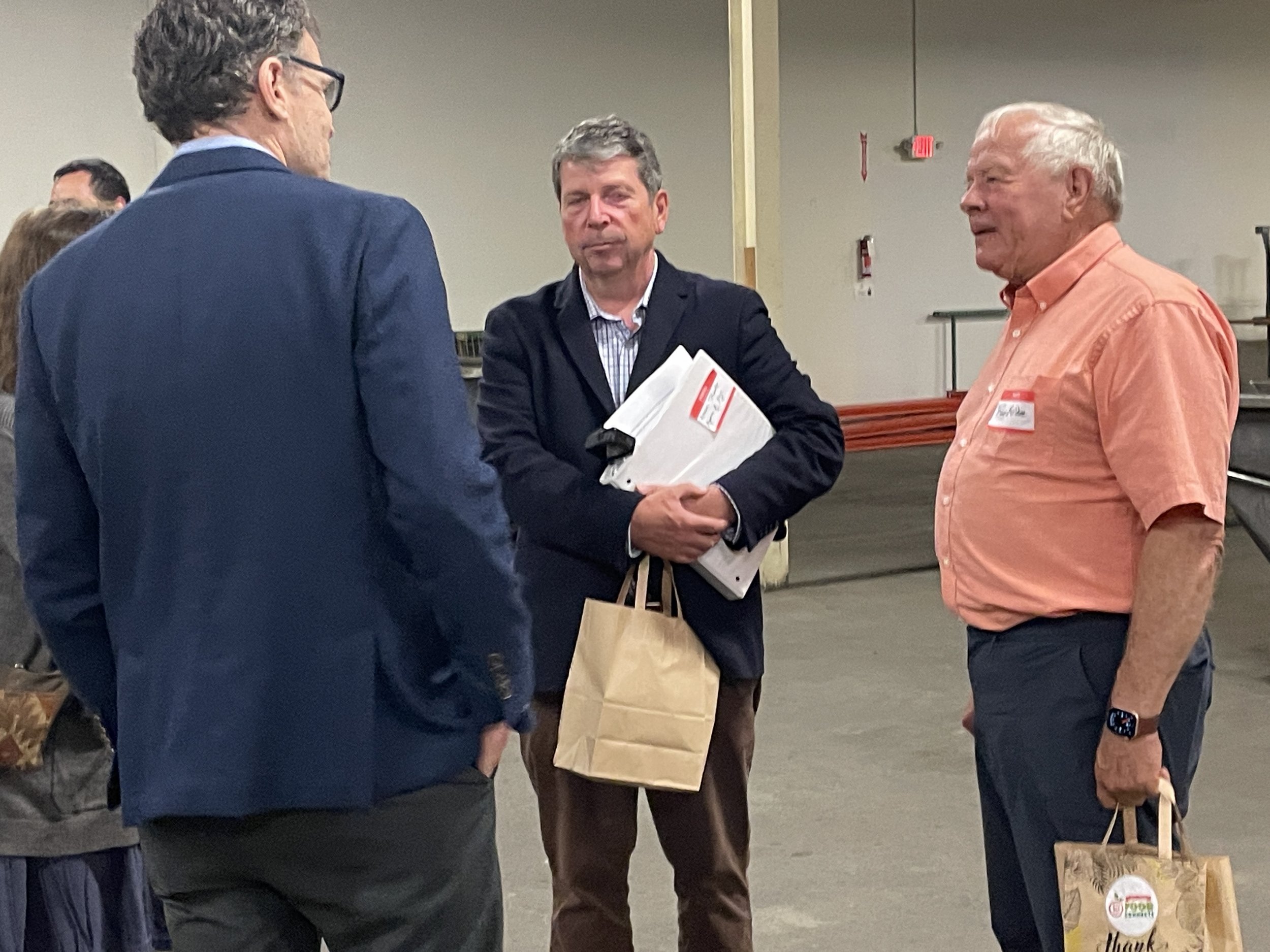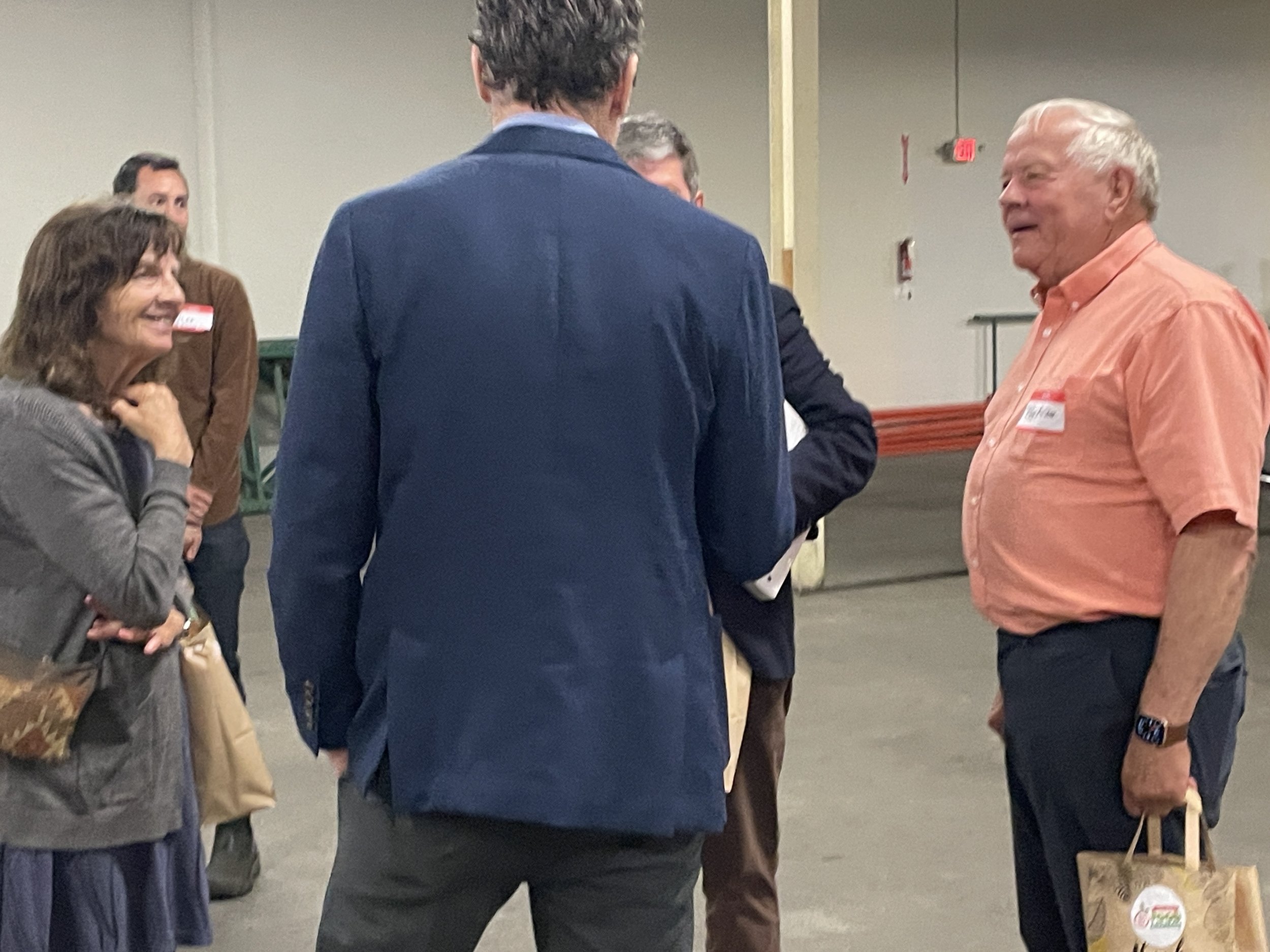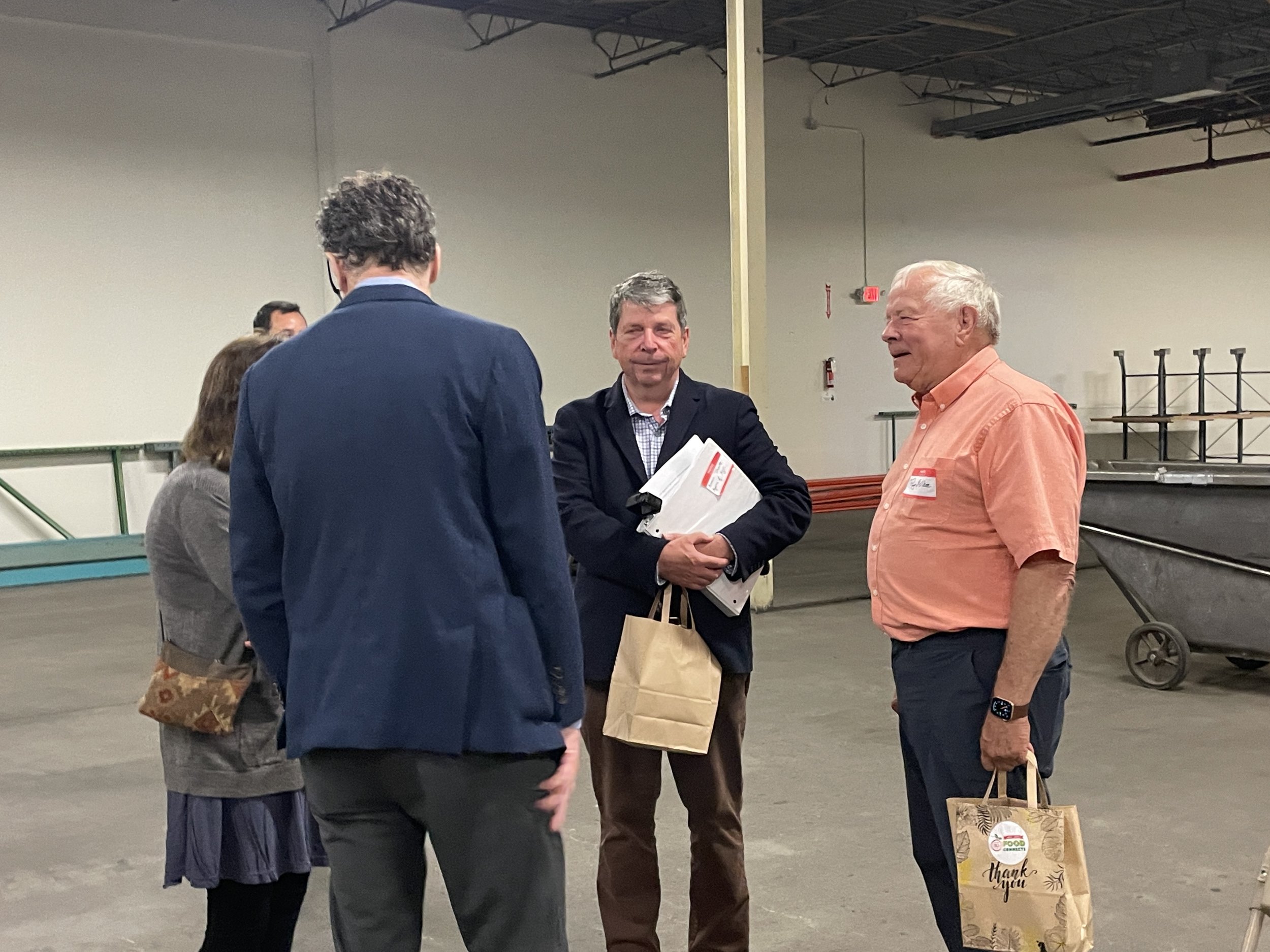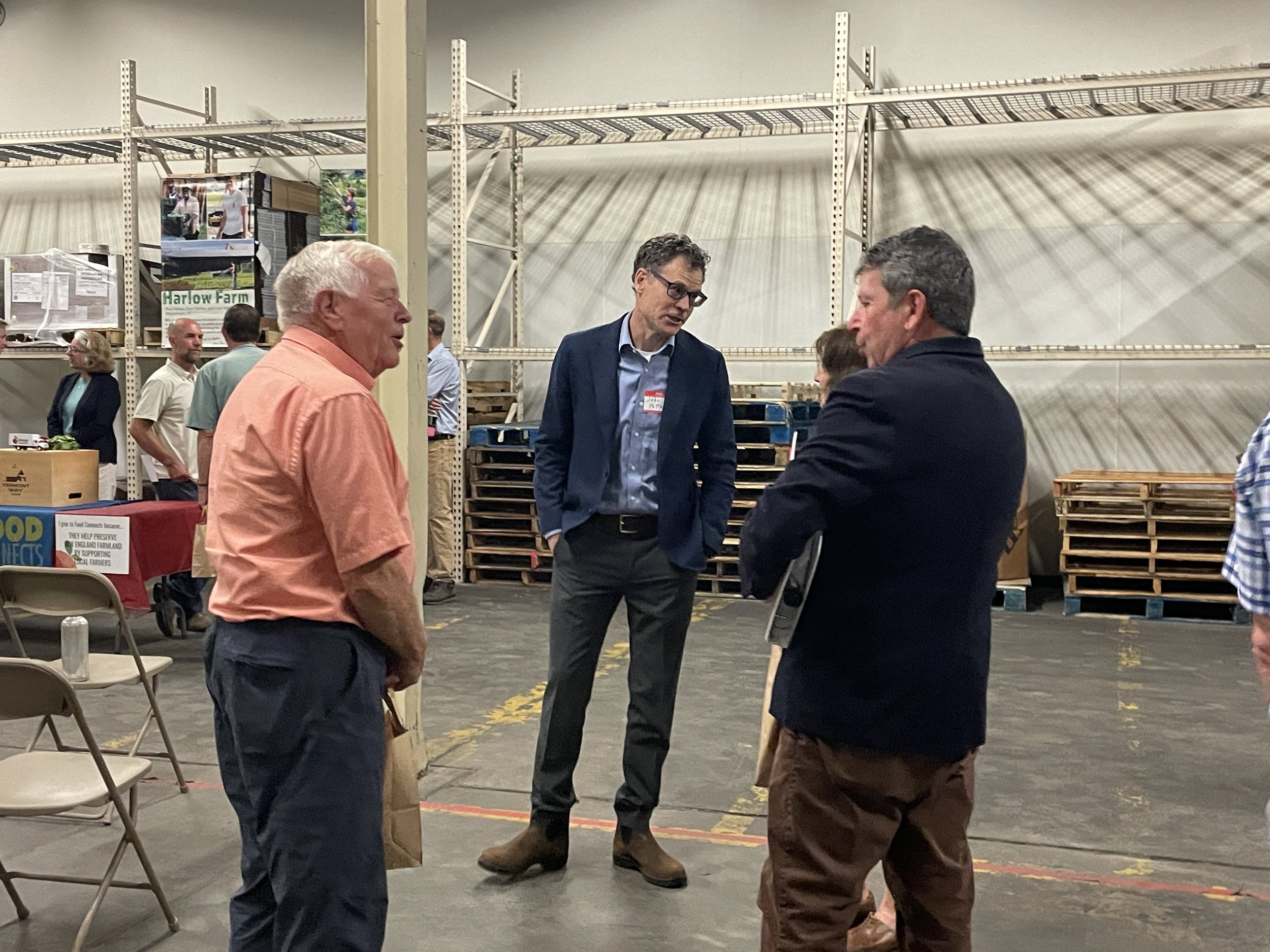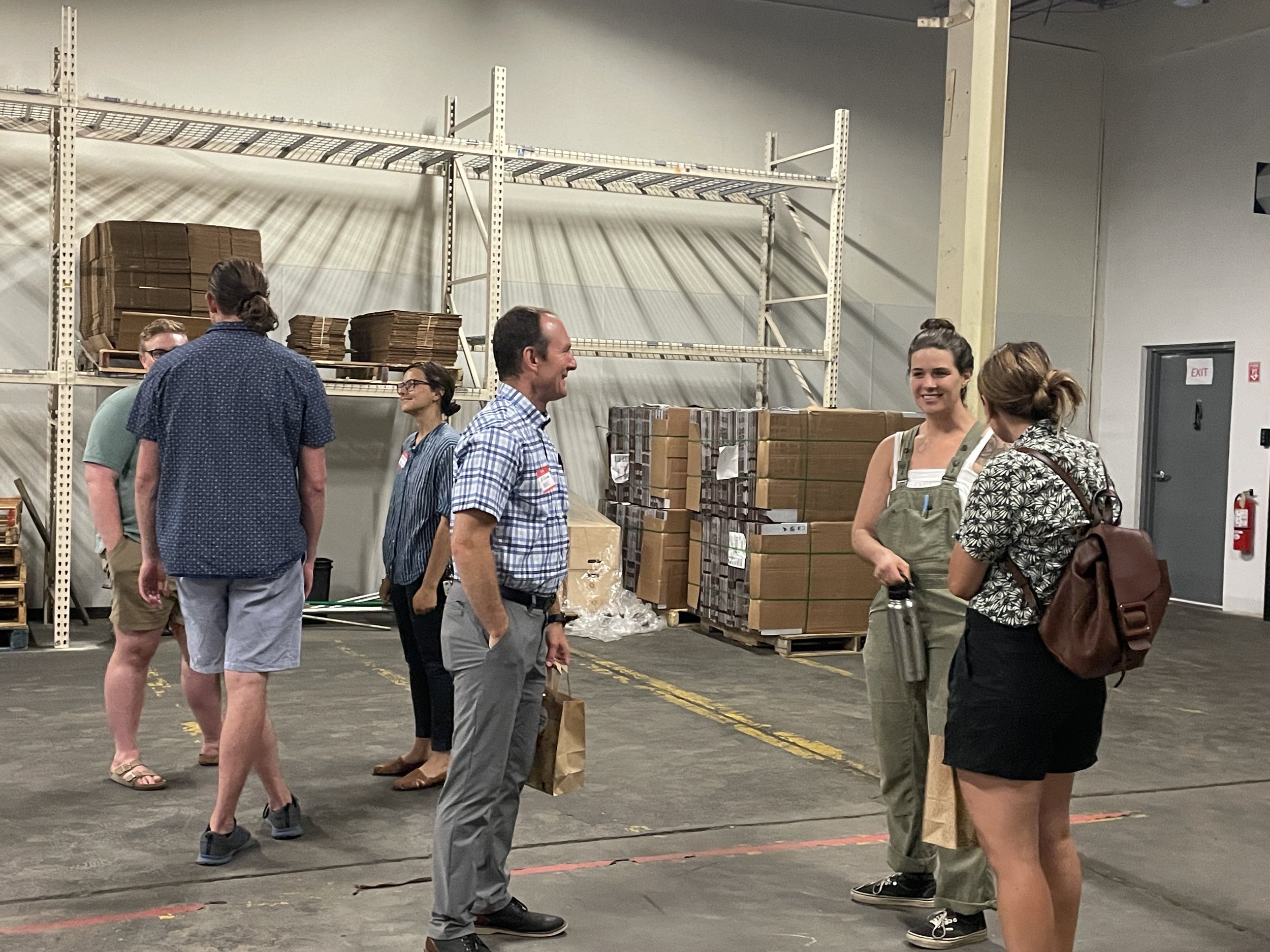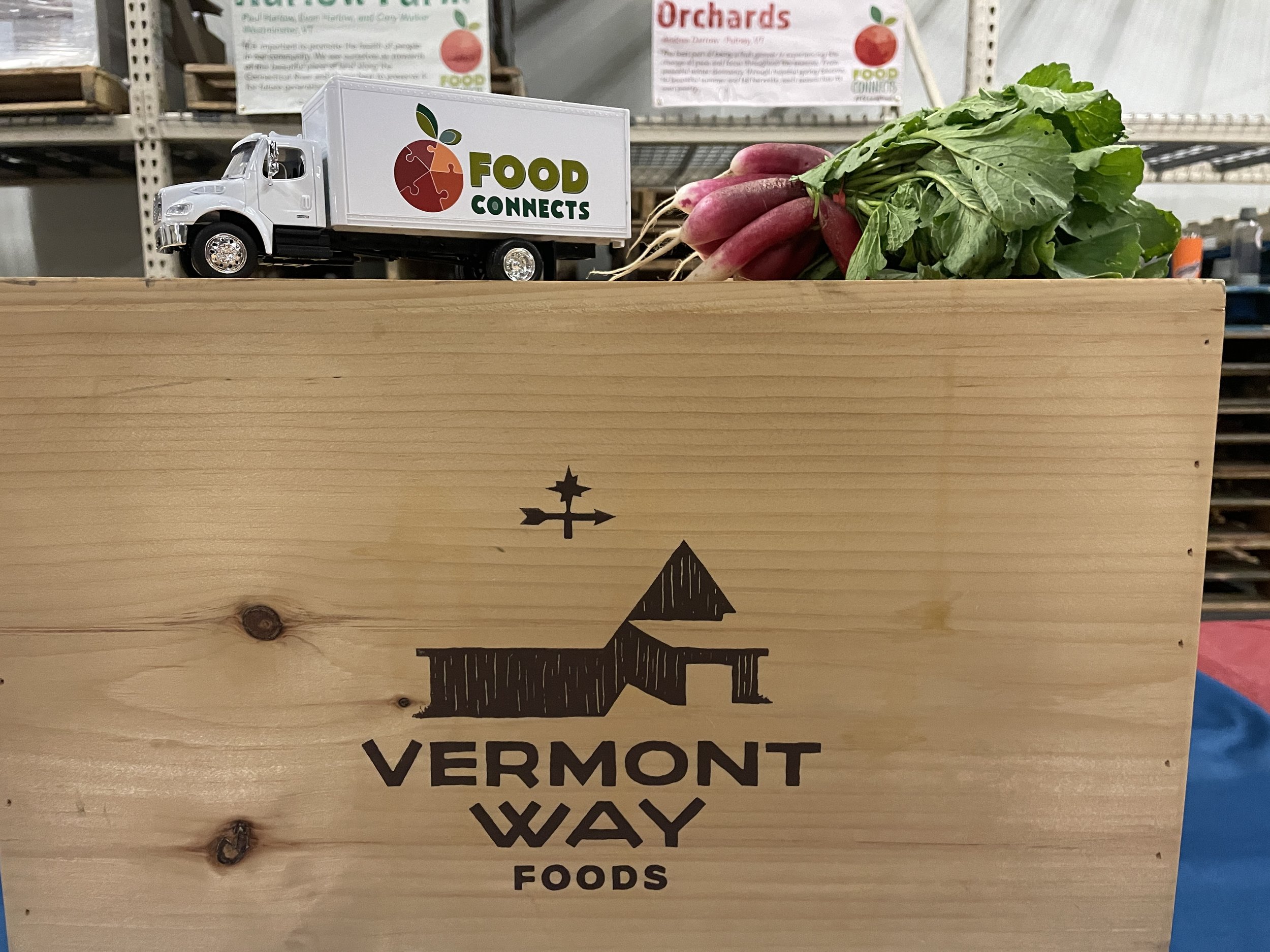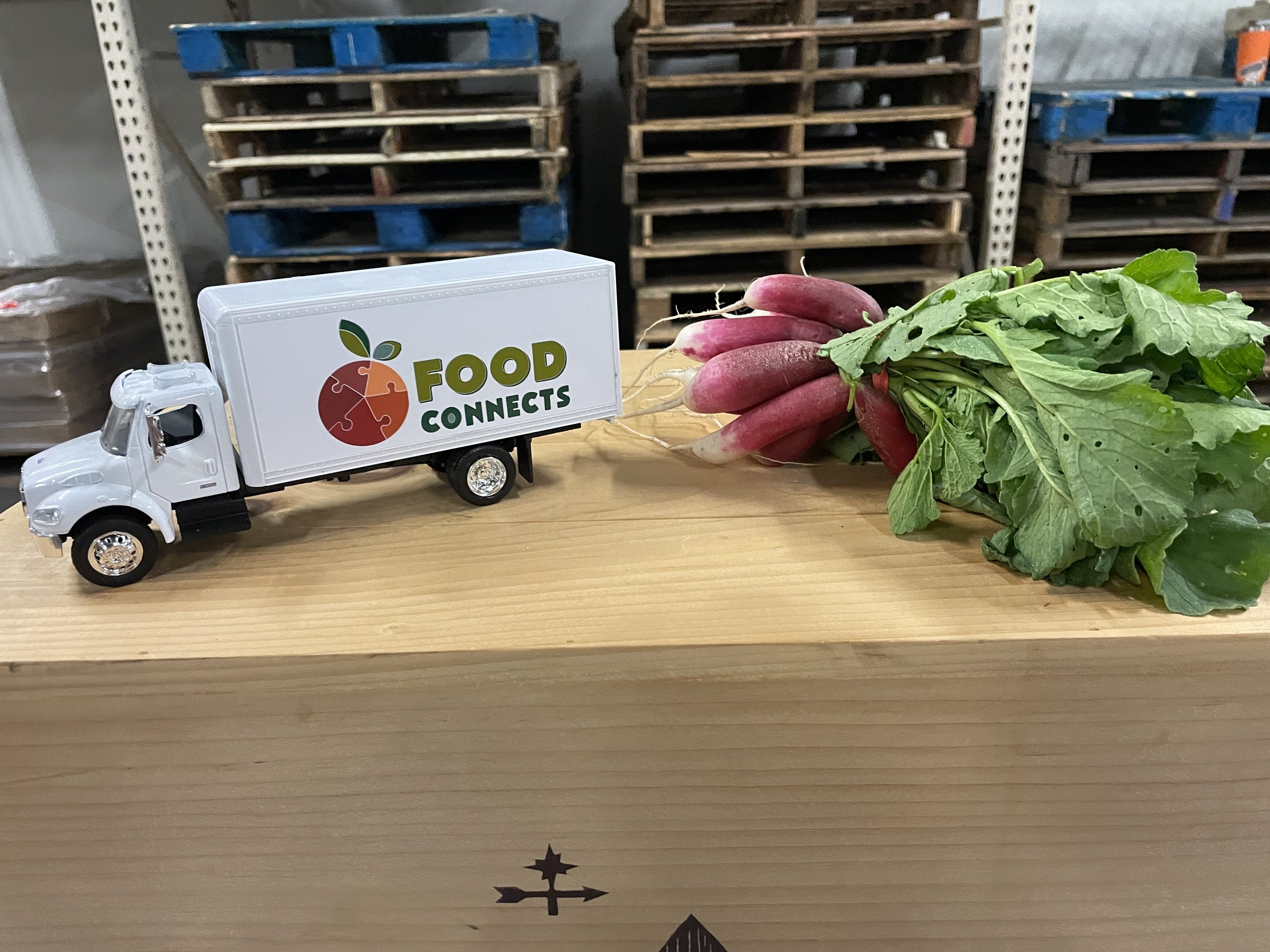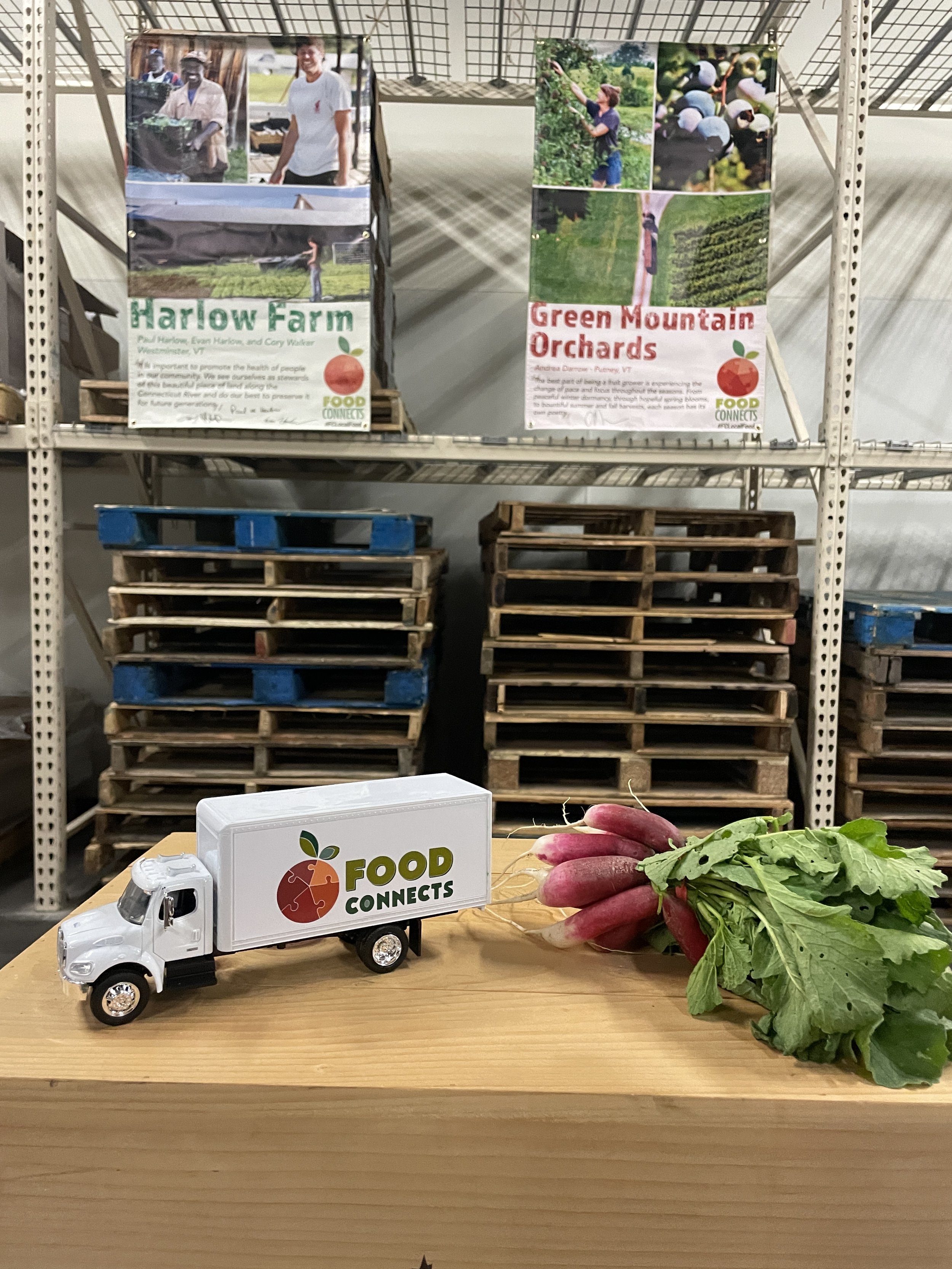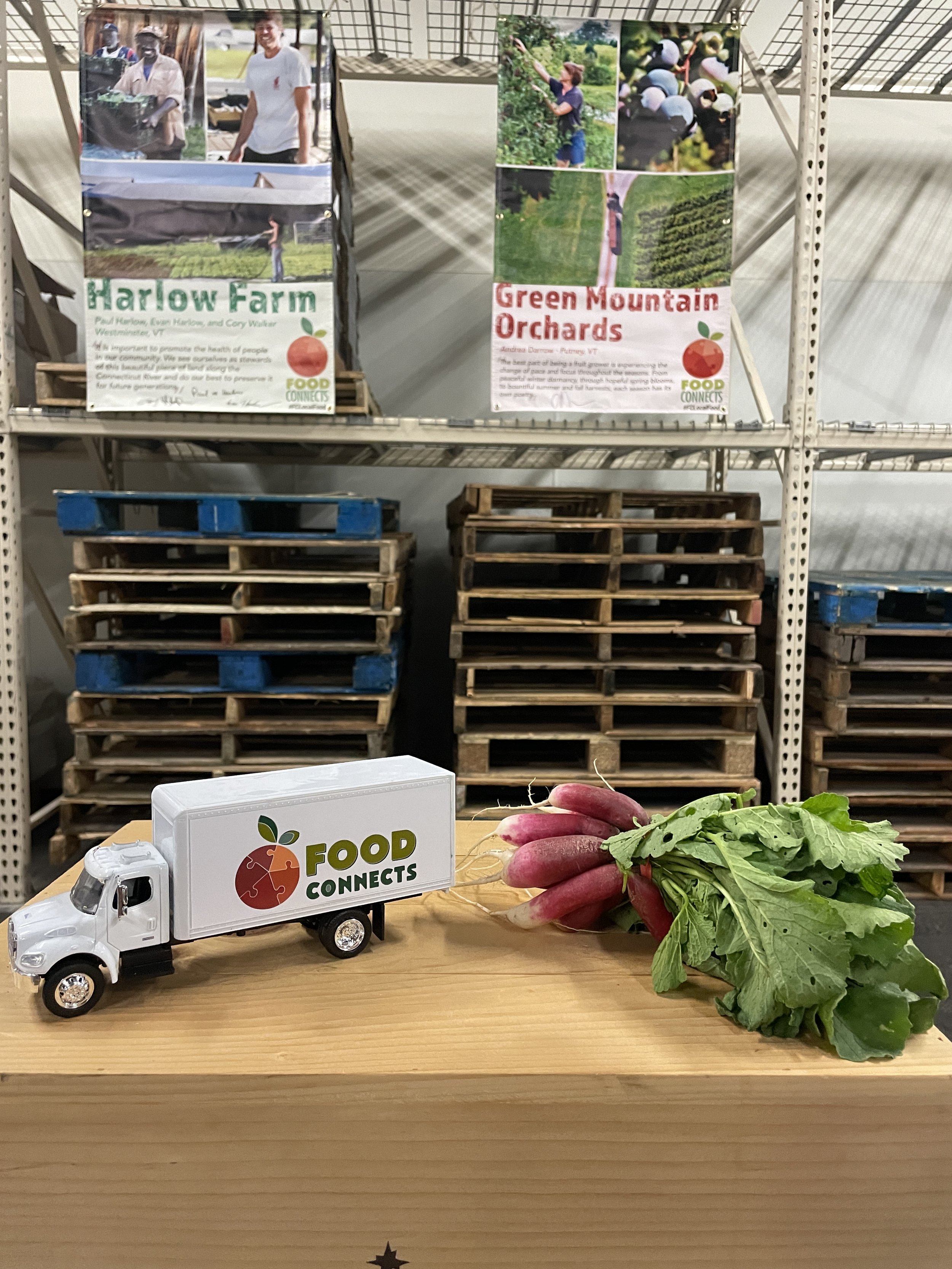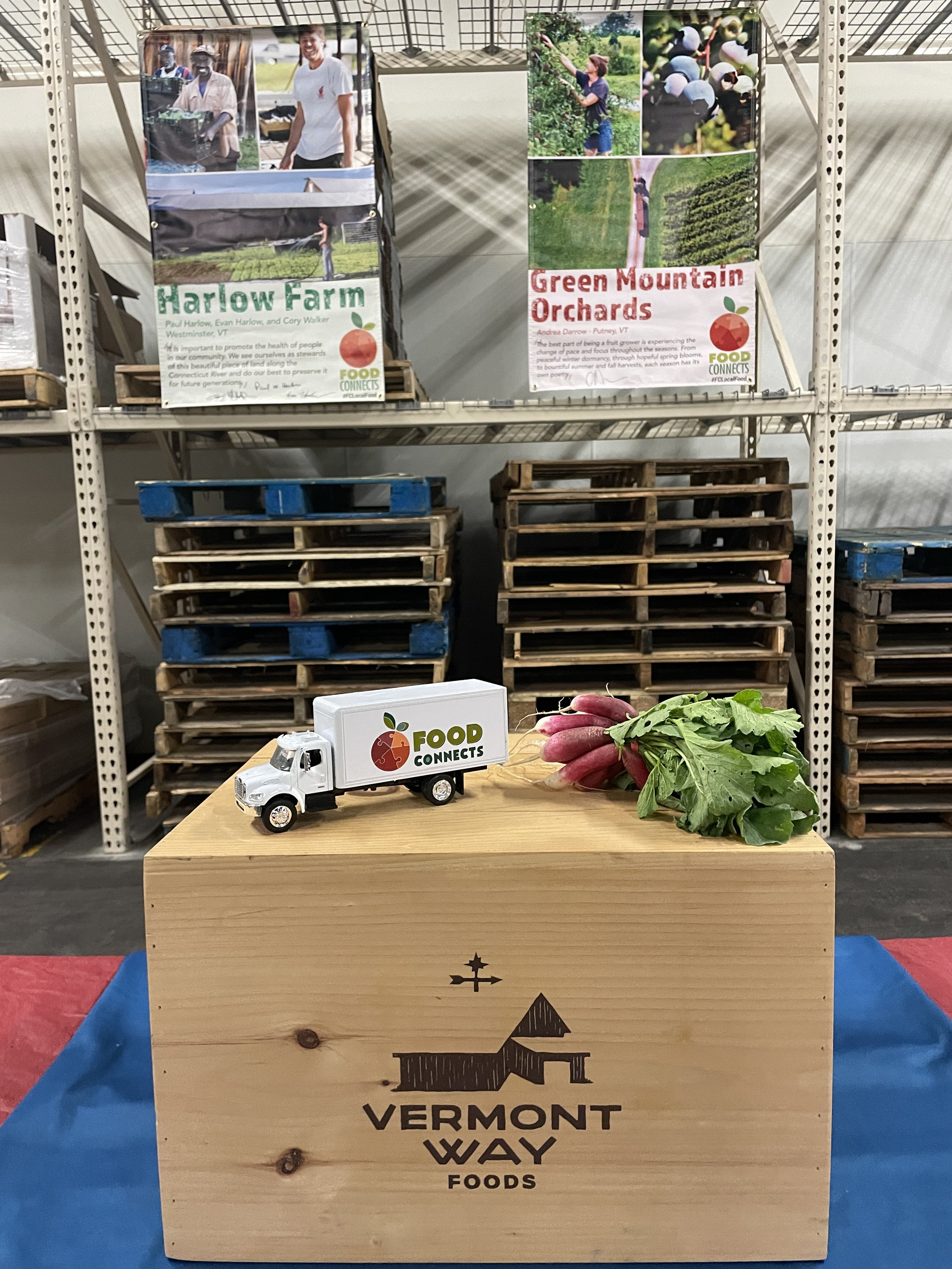For years, the centerpiece of a Thanksgiving spread has been the turkey. When prepared properly, it can taste good. Well, it should taste like gravy and whatever herbs and spices you’ve managed to infuse into an otherwise dry, bland holiday staple.
At Food Connects, we know the true stars of any harvest dinner you enjoy this year with friends and family are the sides. Full of flavor, texture, and beautiful seasonal colors, sides are the quiet heroes that save us from the bland and boring.
We asked our staff to share some of their hero sides that are tried-and-true family favorites. If you’re looking for some last-minute inspiration for your holiday table, check out our staff recommendations.
Rachelle, Grants Manager shared her Winter Vegetable Salad: This is the perfect dish to bring a little of the best winter produce to the table. Packed with beets and butternut squash, it’s an ideal pick for the cook who doesn’t want to make too much but still wants to satisfy a crowd looking for their favorite veggies.
Winter Vegetable Salad
Adelaide, Farm to School Coach gave us one word and one word only: STUFFING
Whether you’ve only had store-bought or homemade, stuffing has long been a staple of any holiday meal. We’re not here to debate “stuffing” versus “dressing,” or to determine which version is best. Our message? Find a recipe you love, and it will always be a winner on the table.
Try one of the 26, that’s right 26 different stuffing (or dressing) recipes compiled here.
Stuffing
Karen, our Full Charge Bookkeeper, shared a perfect dish that might be more your speed if you’re looking to make something that isn’t a spread for 50 of your closest family and friends, or if you just want a quick way to bring the best of Thanksgiving into one dish: Acorn Squash Bowls.
Preparation is simple: preheat your oven to 400 degrees, take a small acorn squash, and cut it in half. Scoop out the seeds and save them for roasting. Bake the squash for 30 minutes, or place it in the oven with your turkey about 1.5 hours before the turkey is set to come out.
Acorn Squash Bowls
David, our Food Hub Business Development Manager, is a passionate advocate for a side dish that can be a little controversial: Brussels Sprouts.
Love them or hate them, brussel sprouts are crucifers and are in the same family as broccoli, cauliflower, kale, and cabbage. They naturally have a potent aroma and a slightly bitter taste. But when prepared properly, they can bring a delicious distinction to the dinner table. Preparation methods vary, and whether you go savory or sweet, we highly recommend adding this tiny but mighty vegetable to your holiday menu.
To help balance its bold flavor, we suggest trying this fall-inspired recipe.
Festive Brussel Sprouts
Whatever ends up on the table this year, we wish you good eating and a very happy harvest!




























































